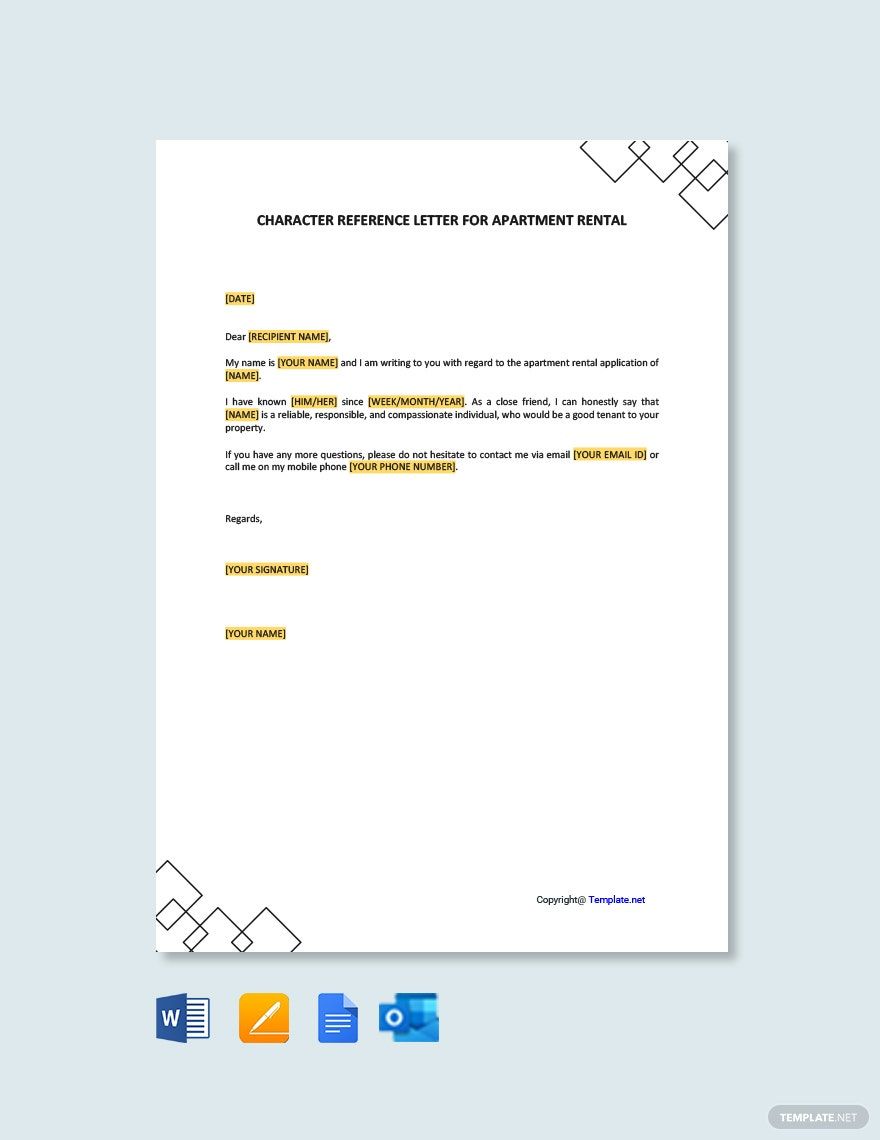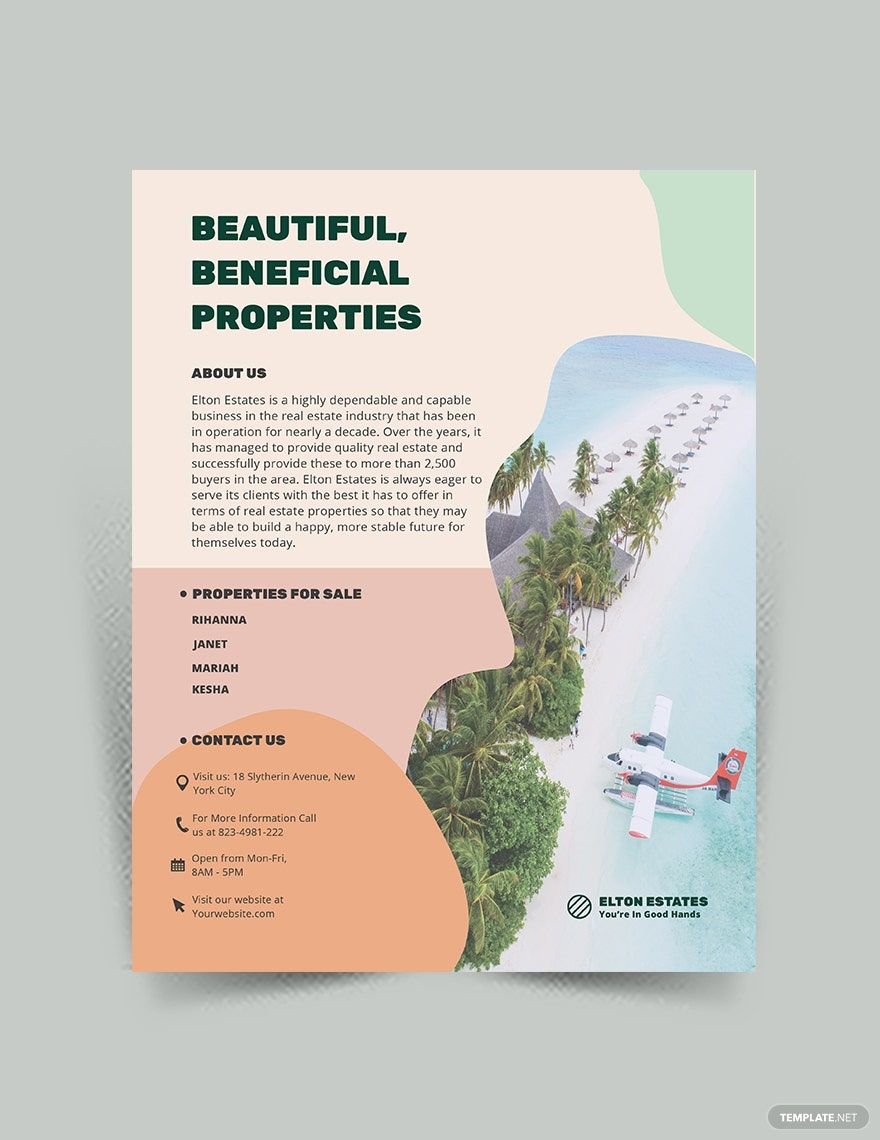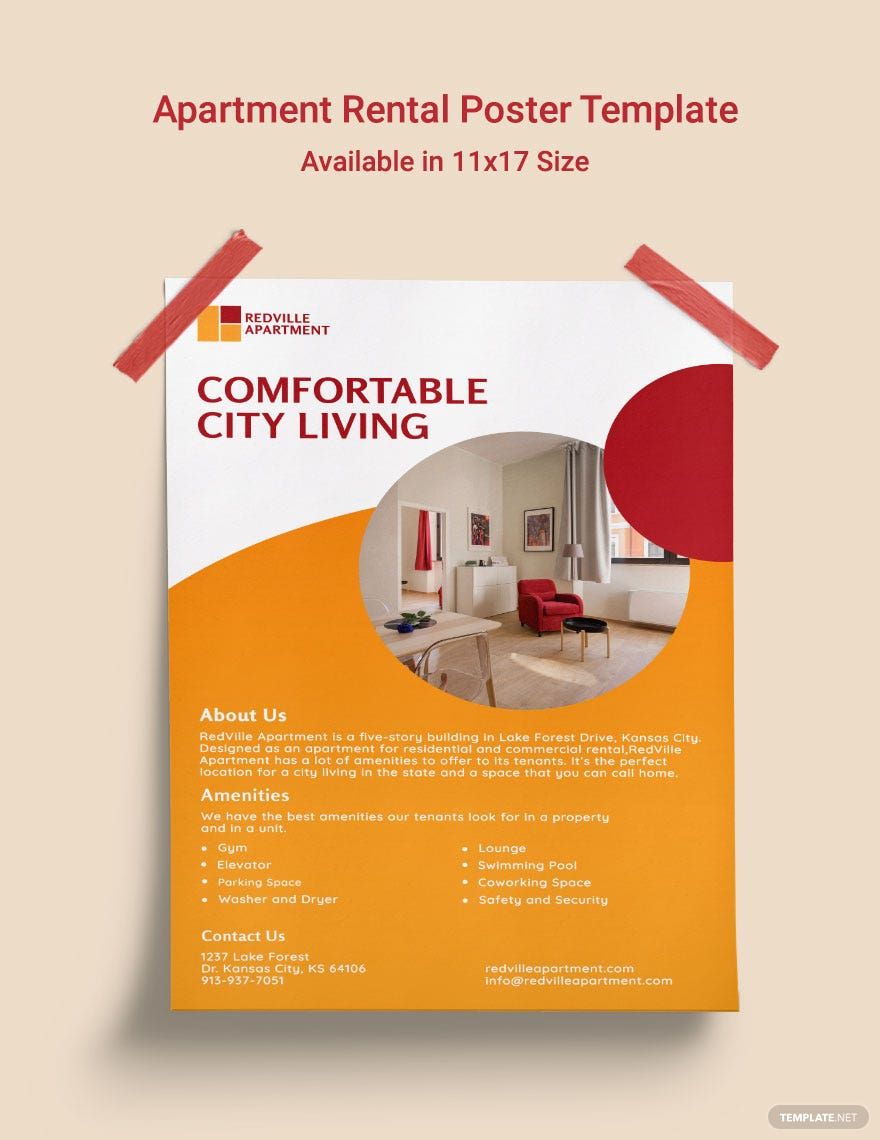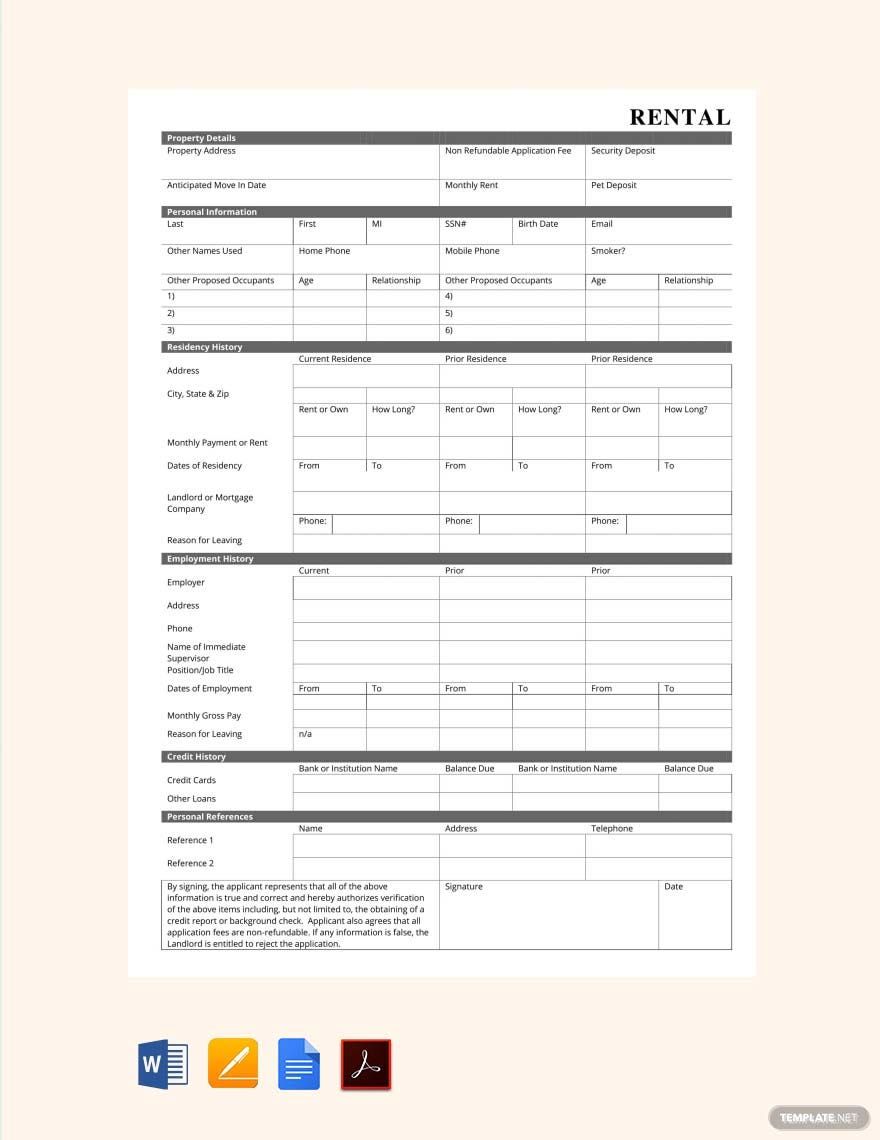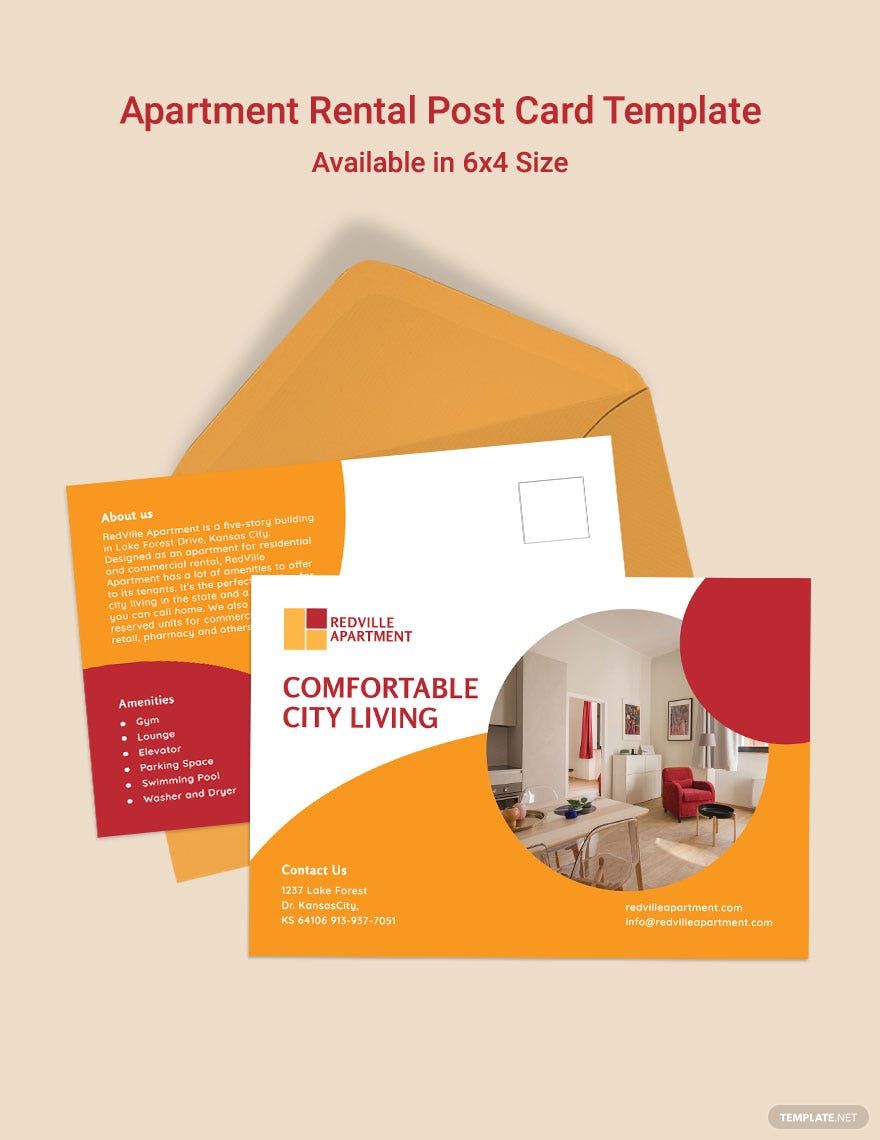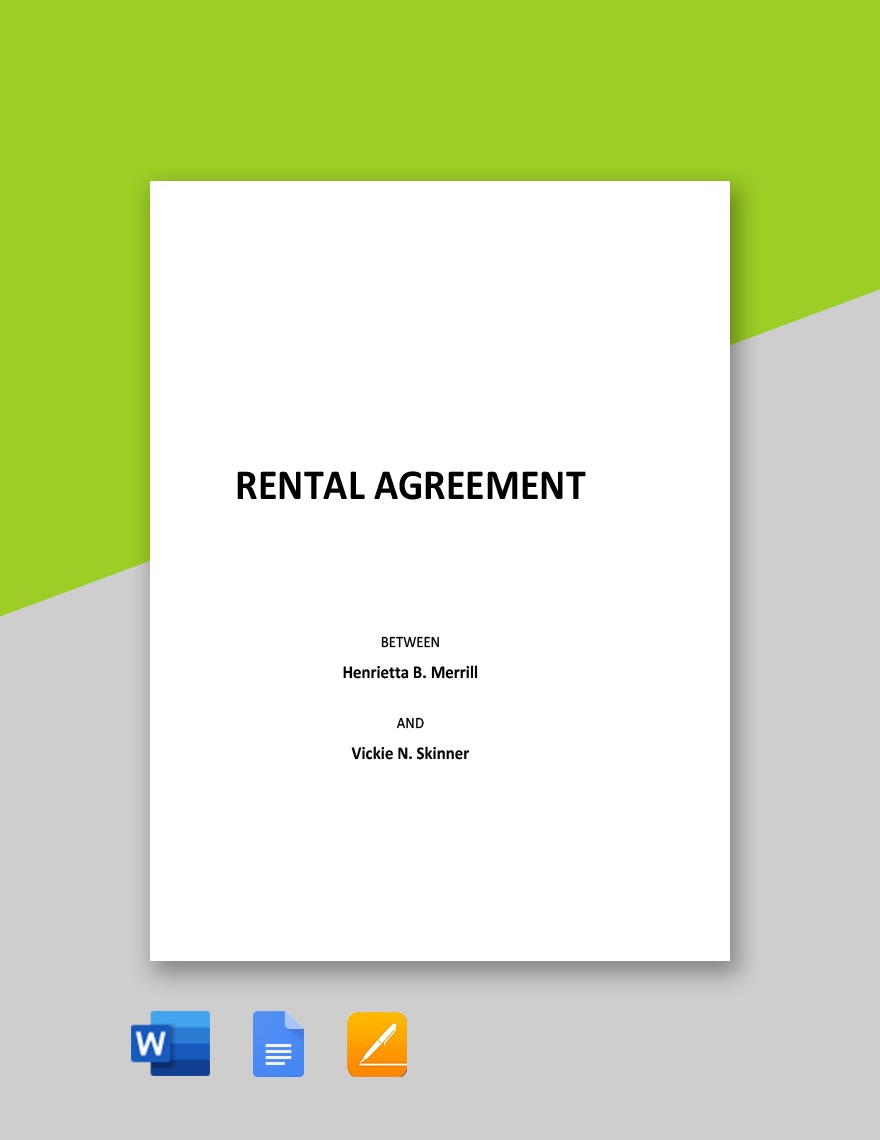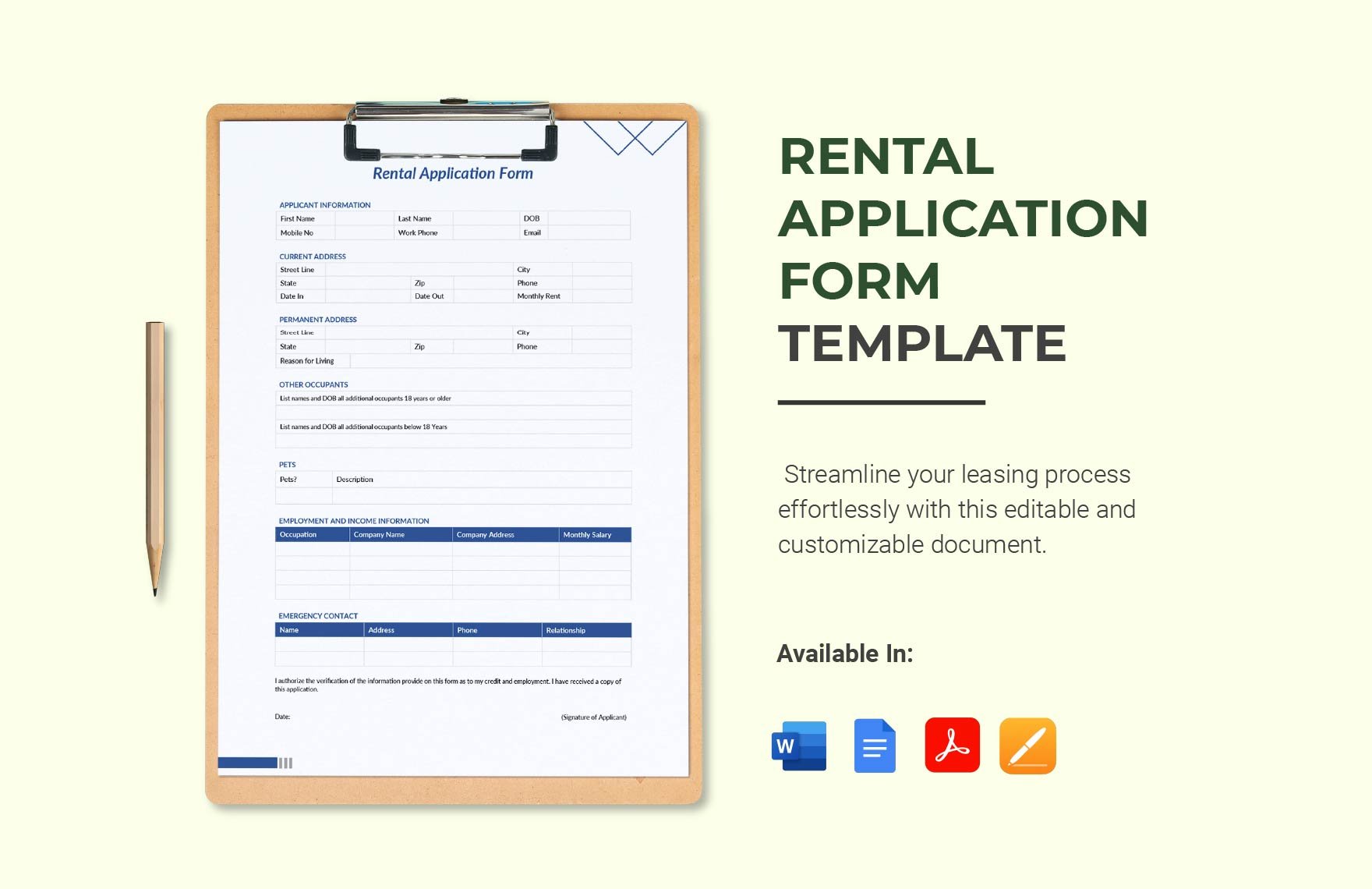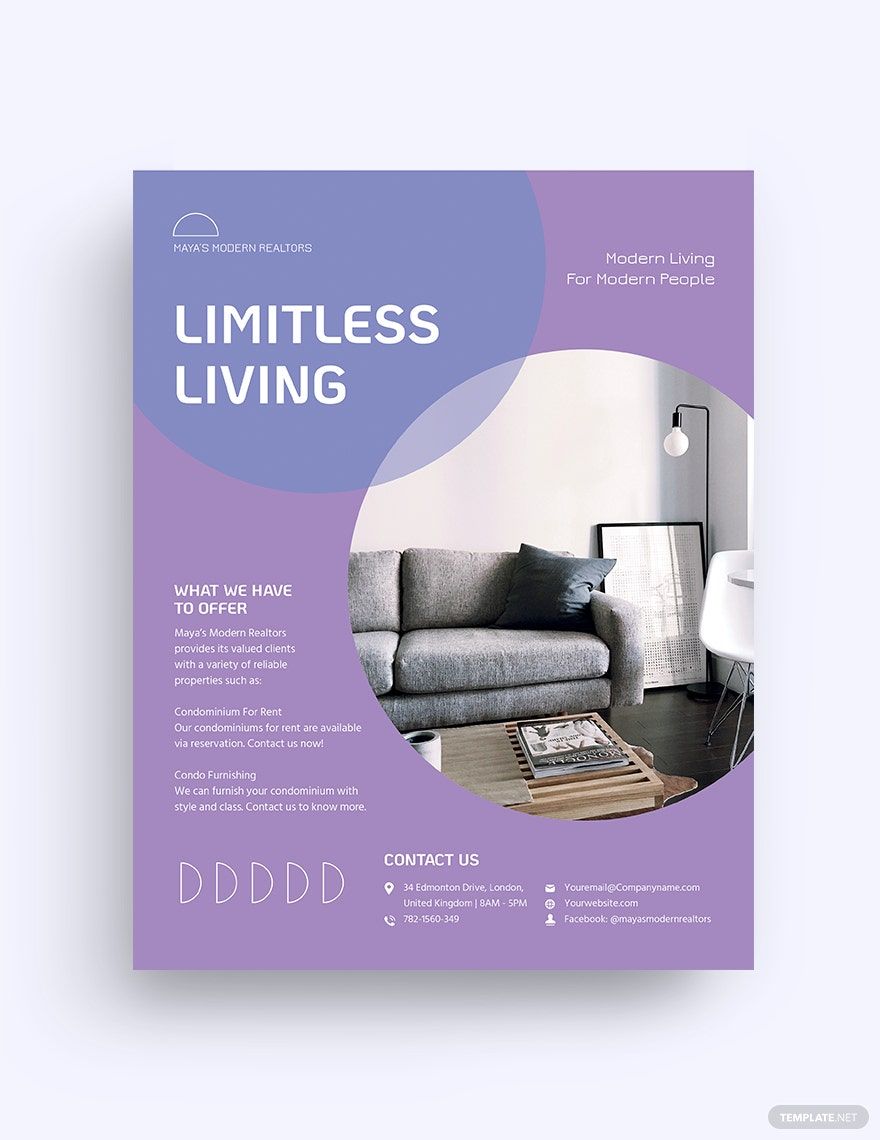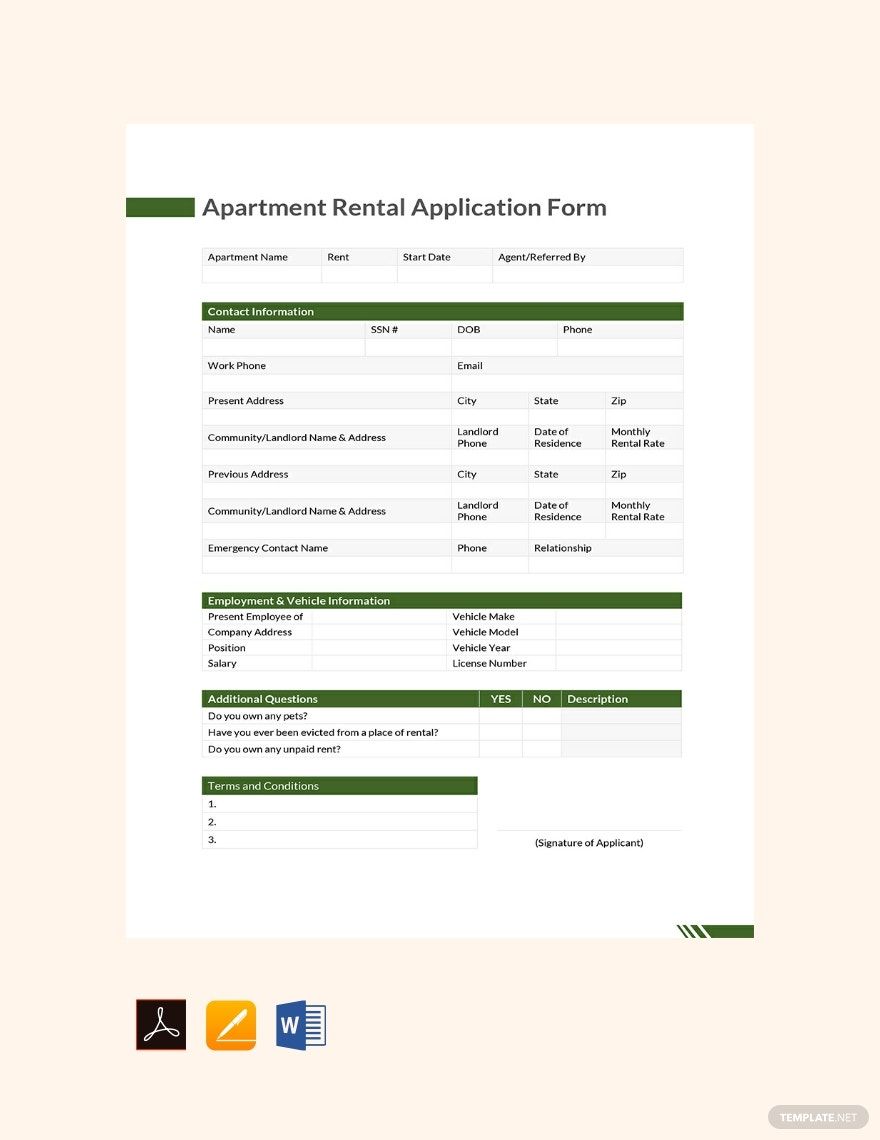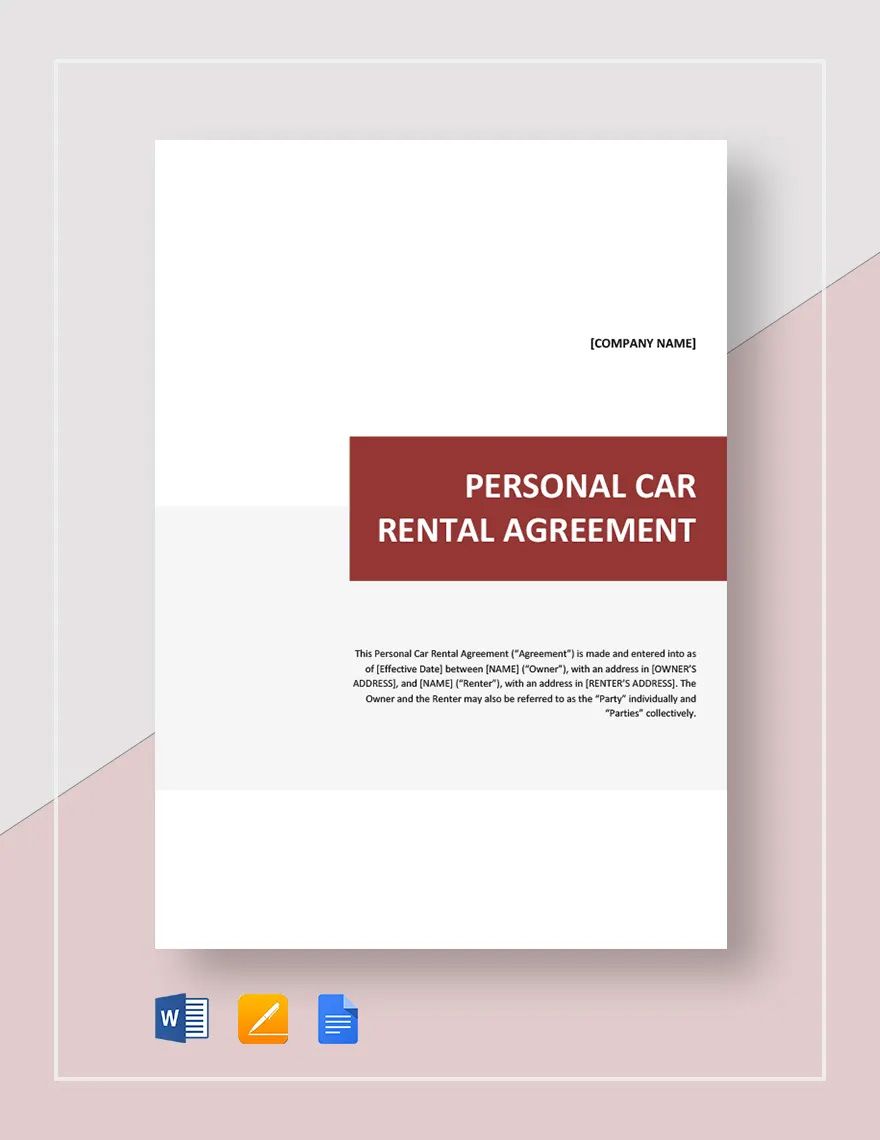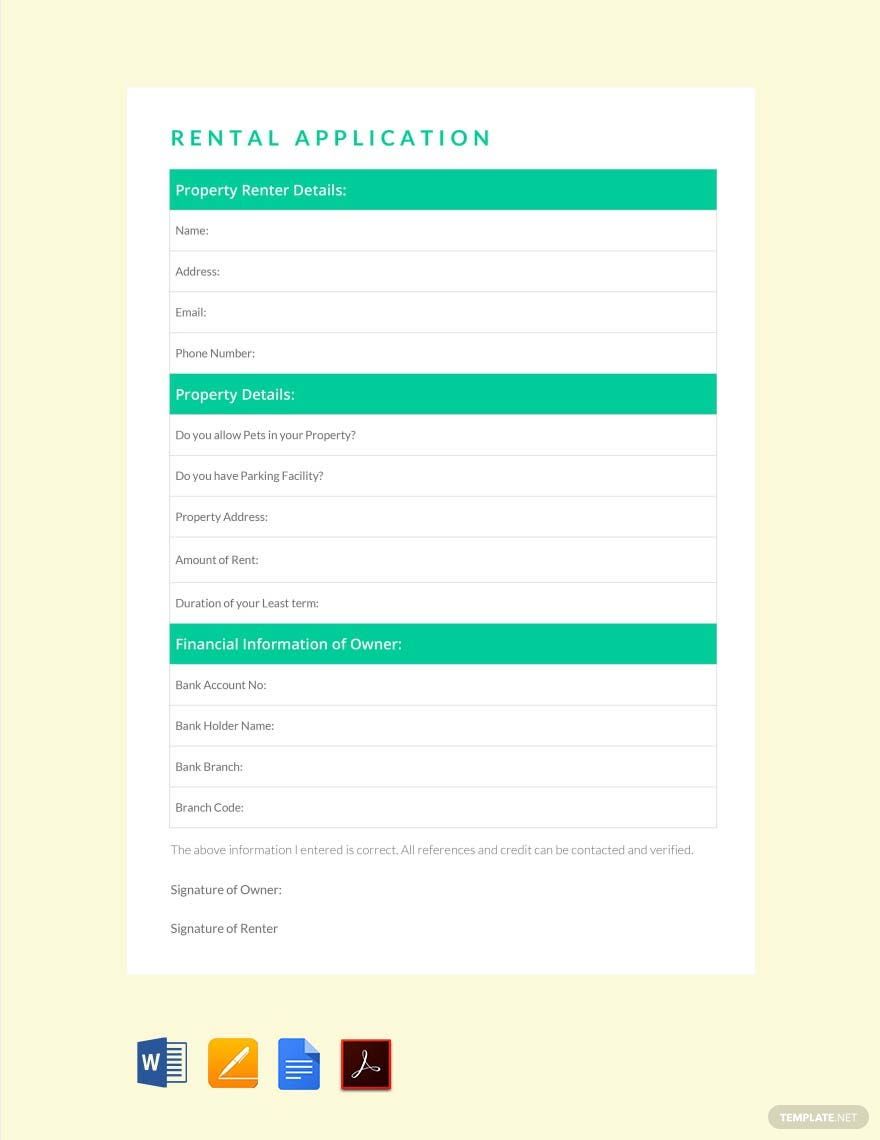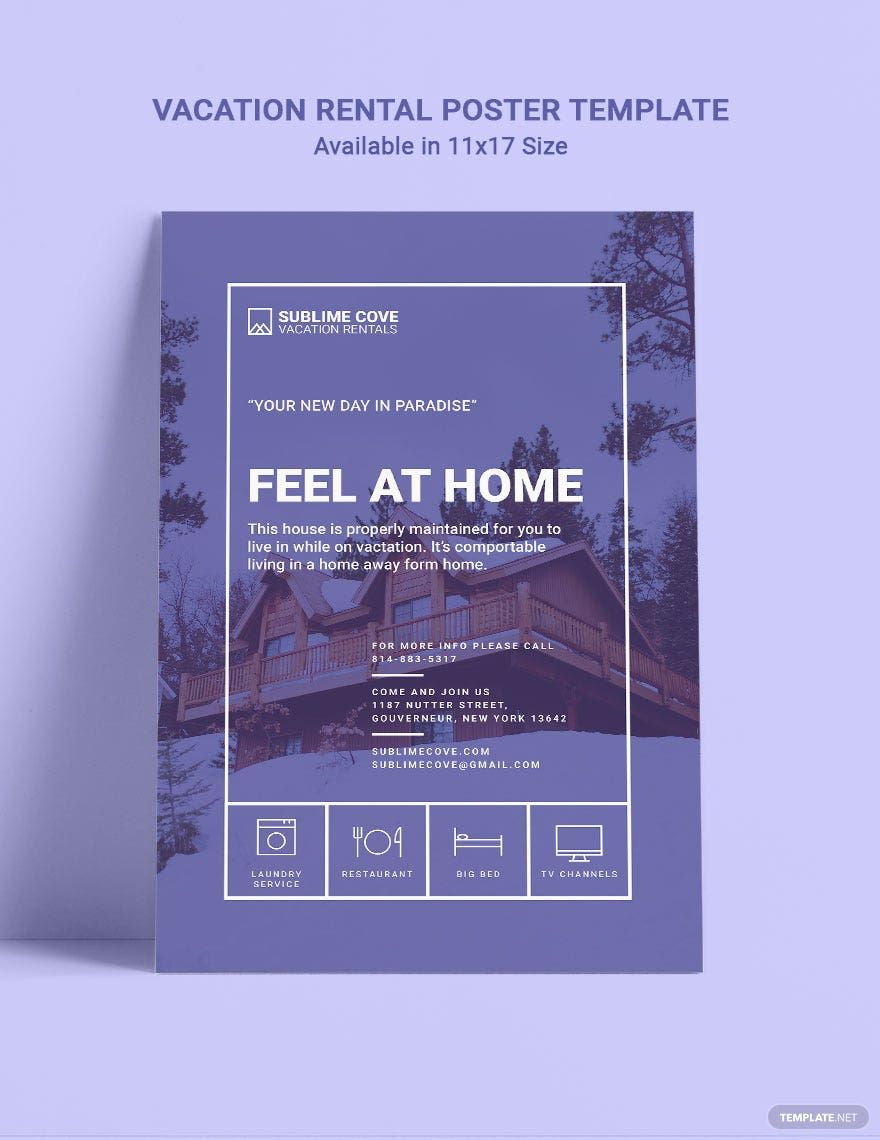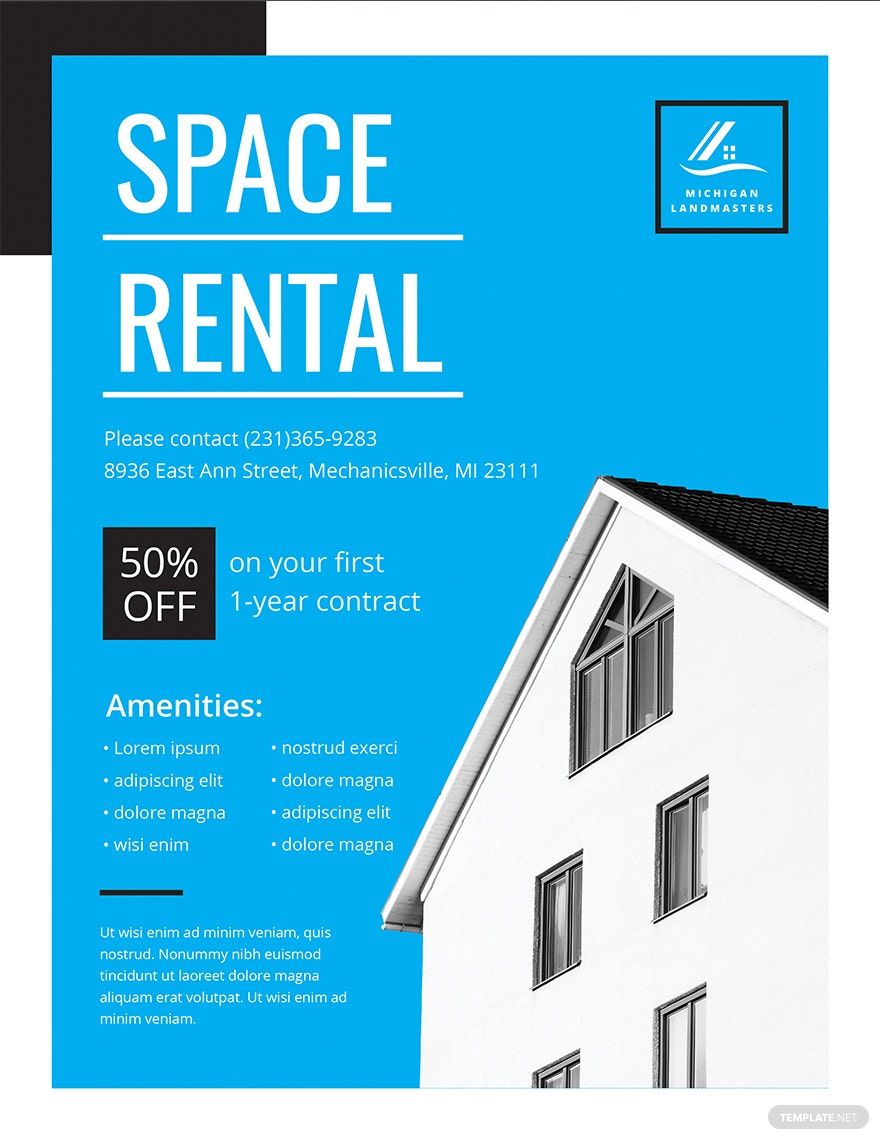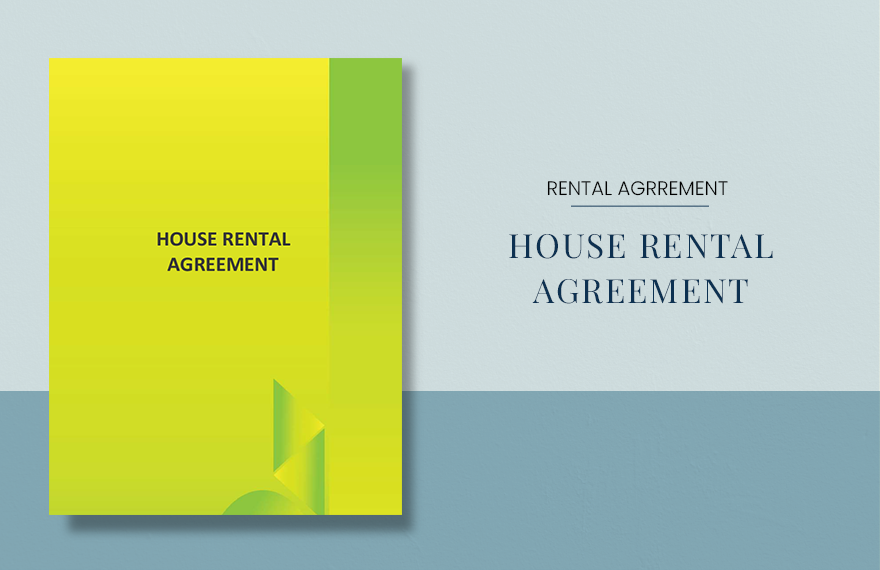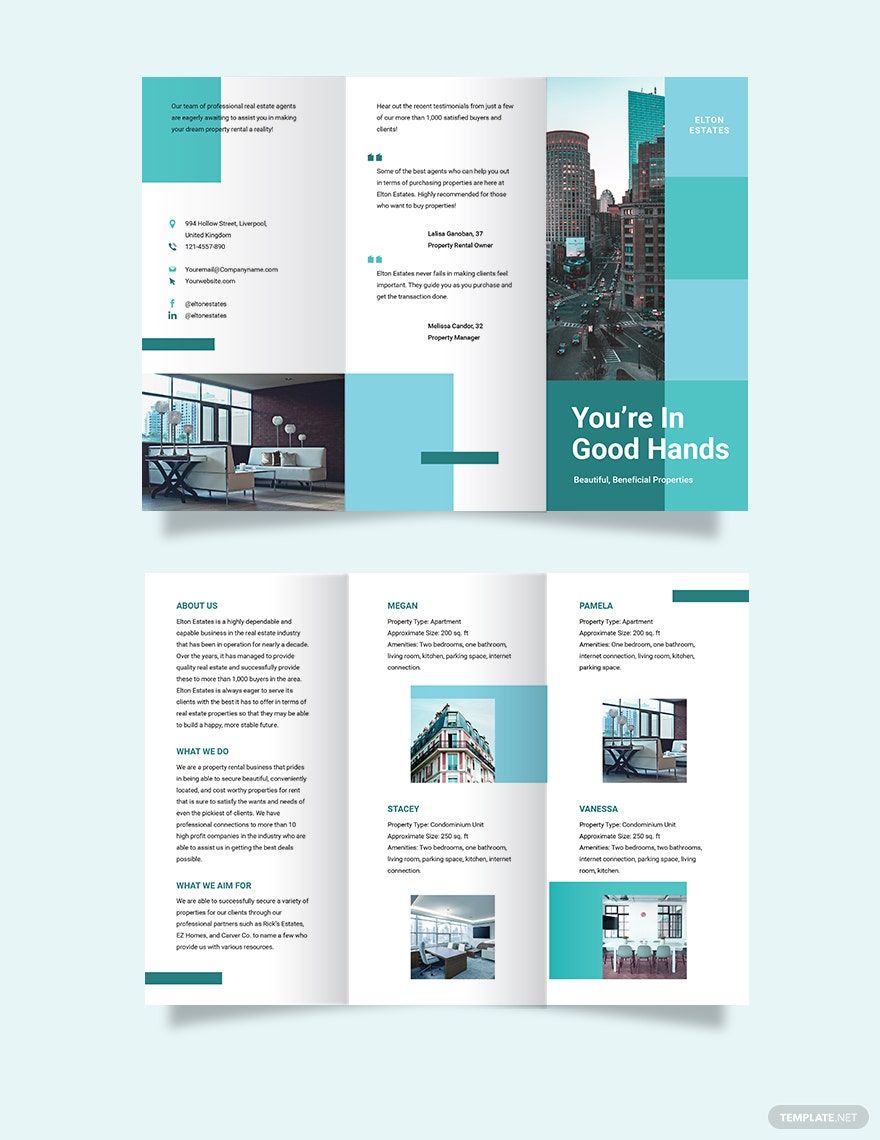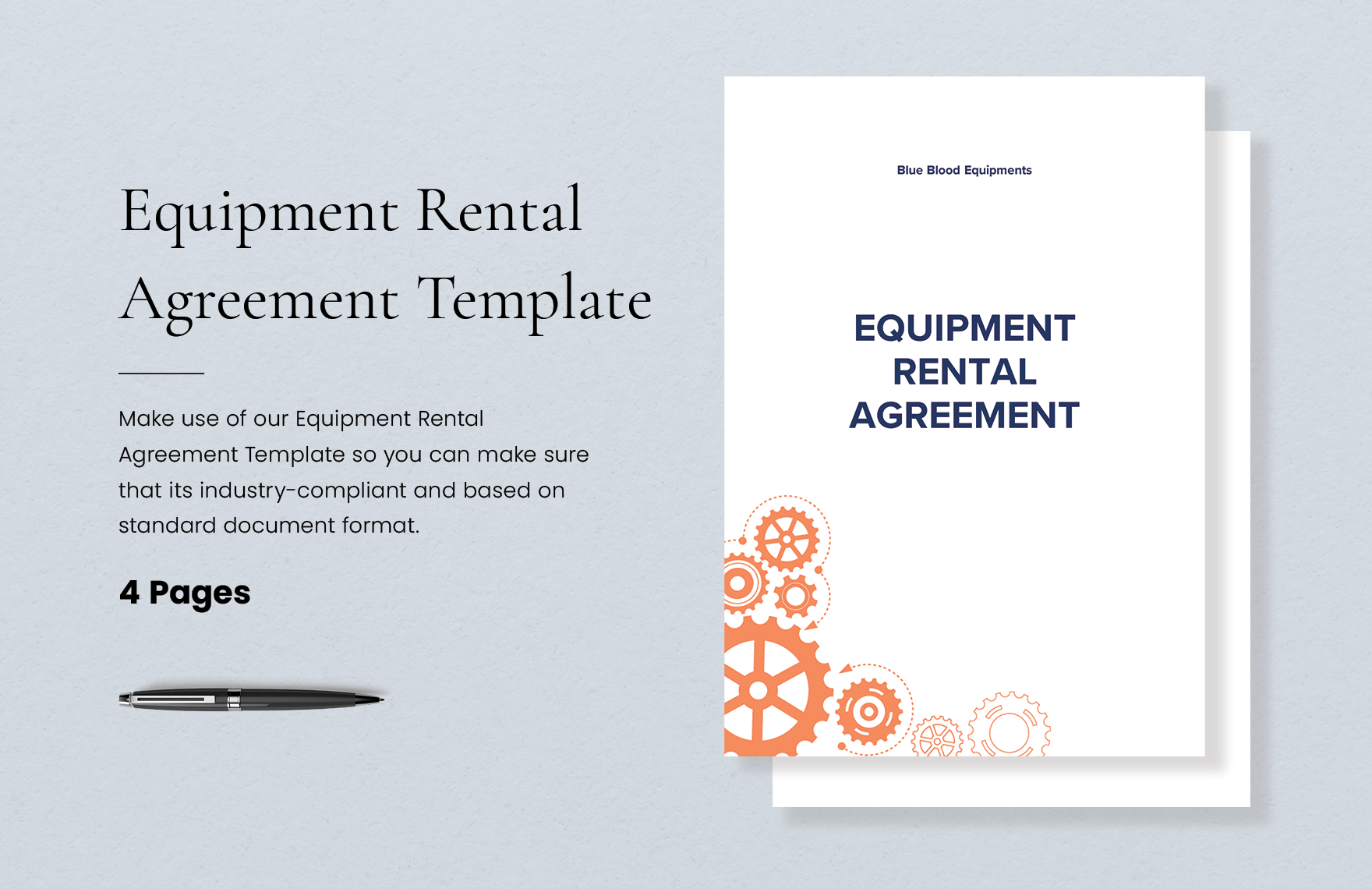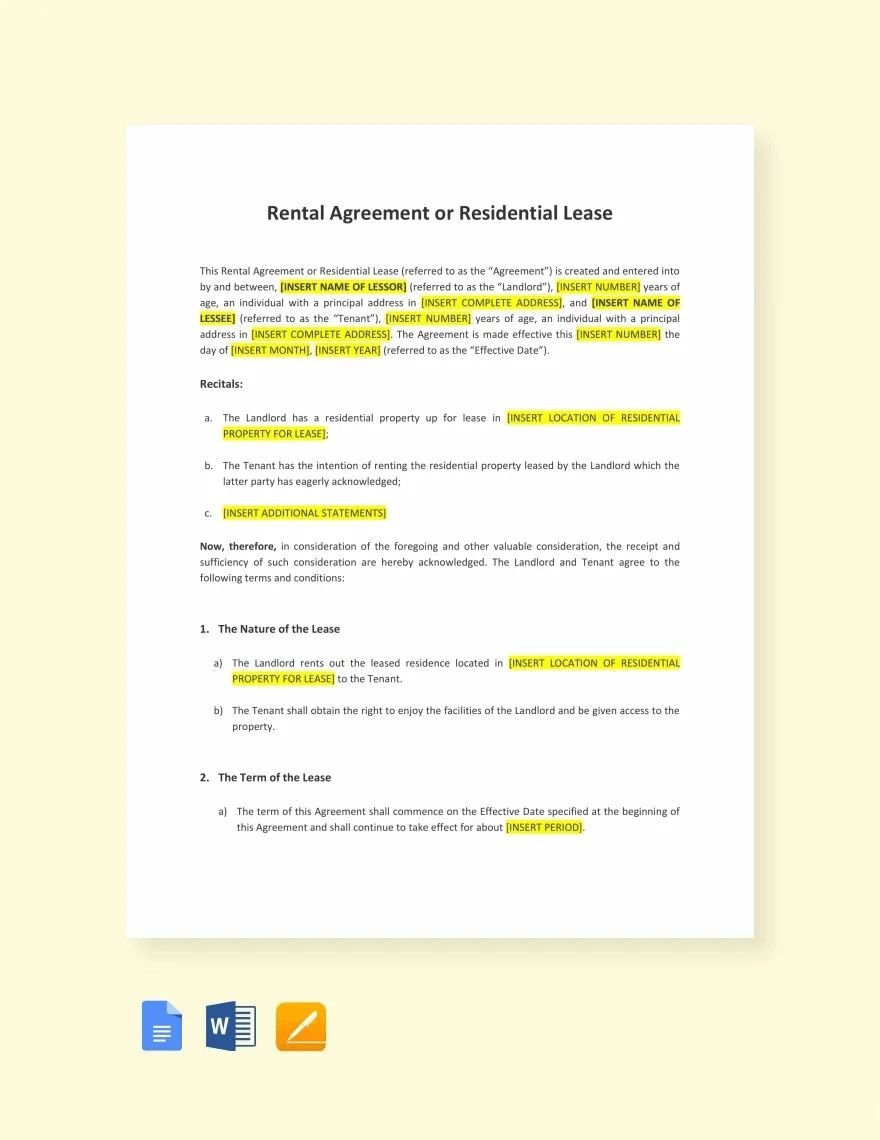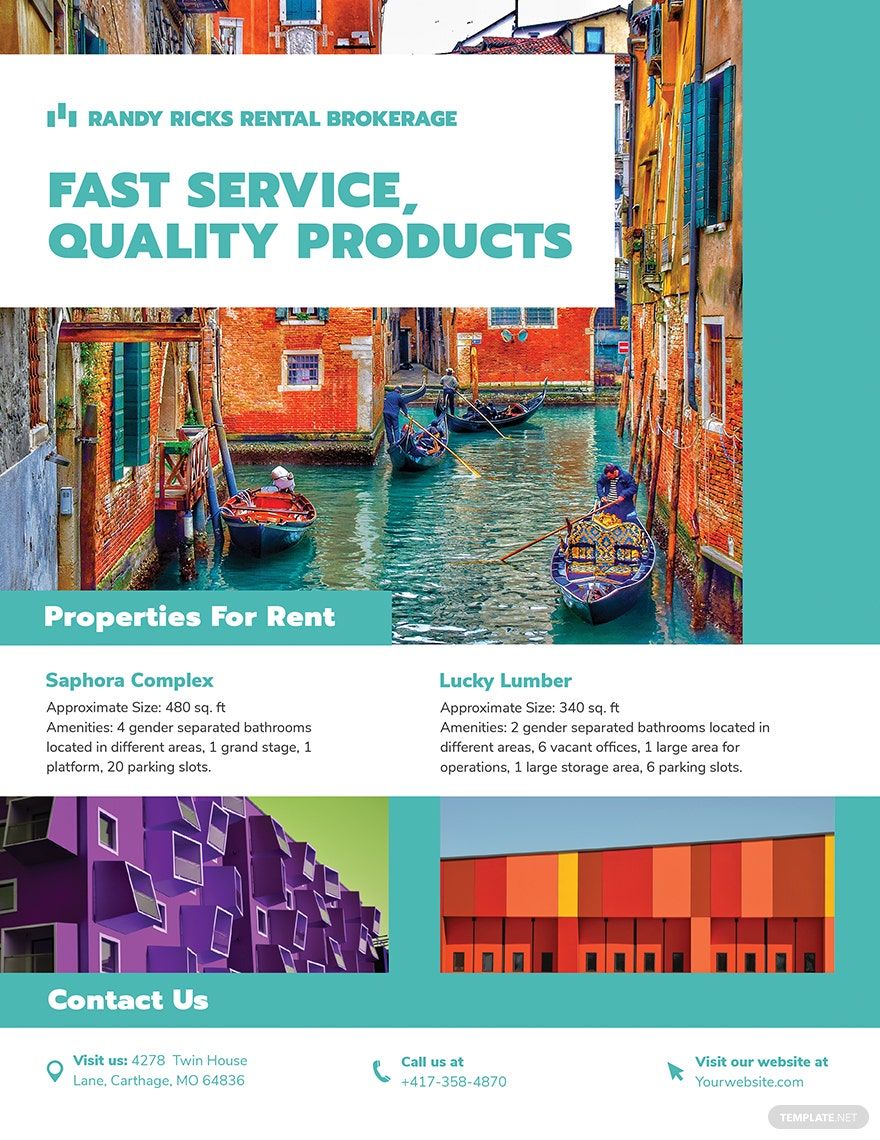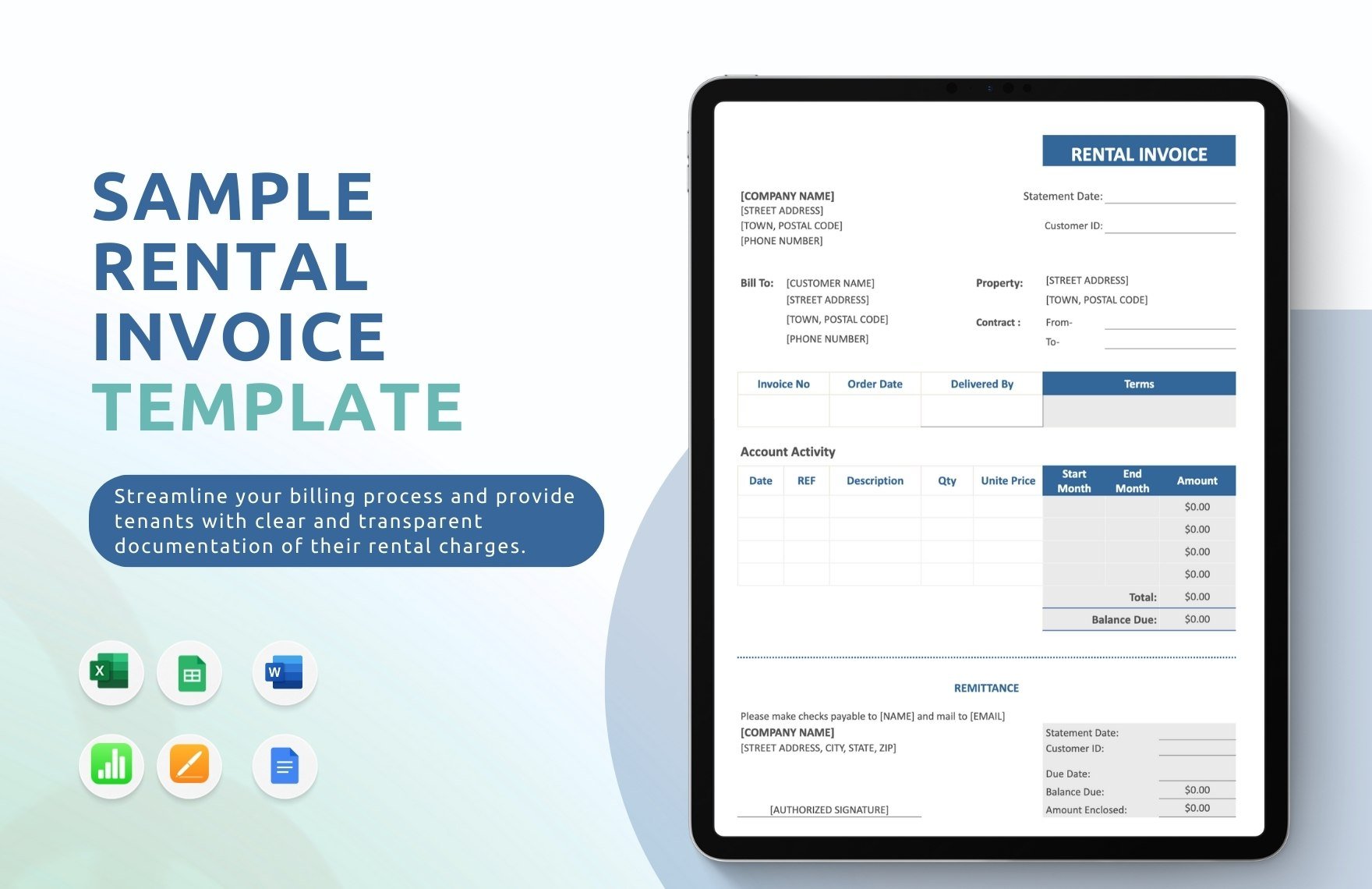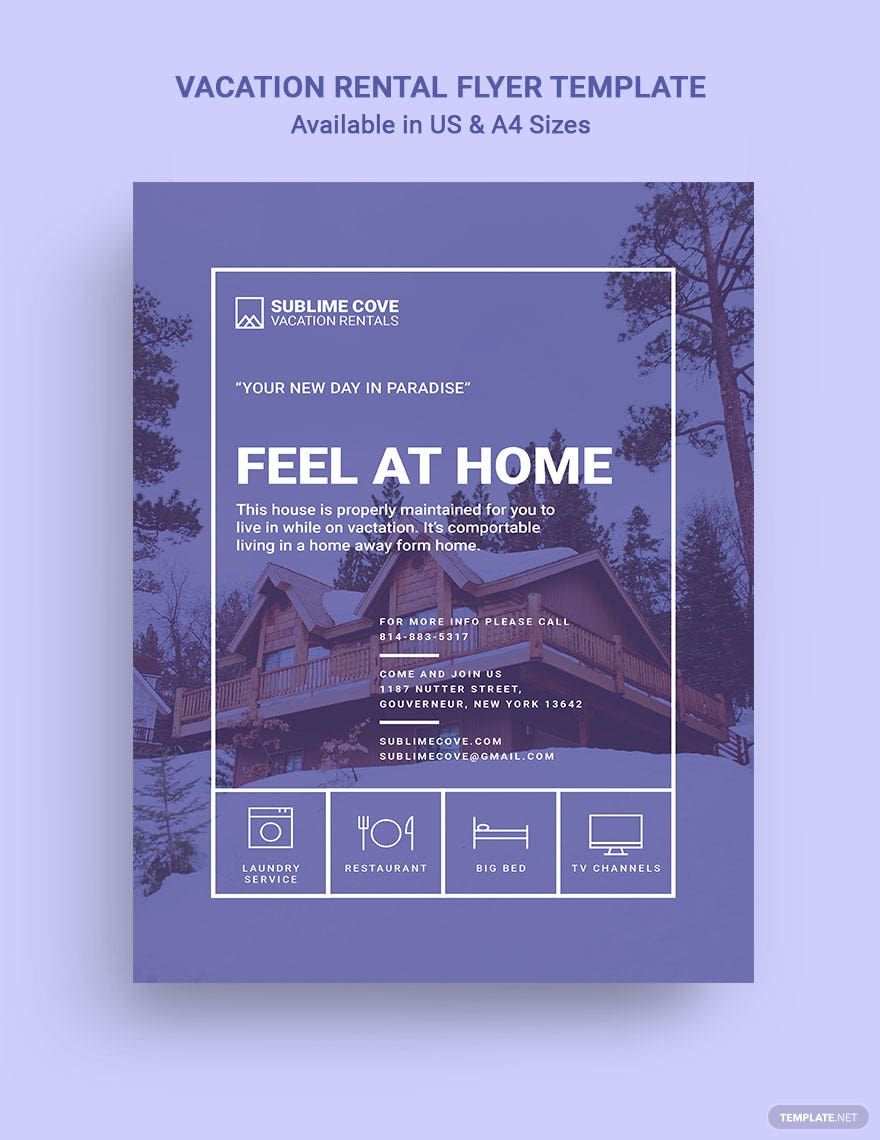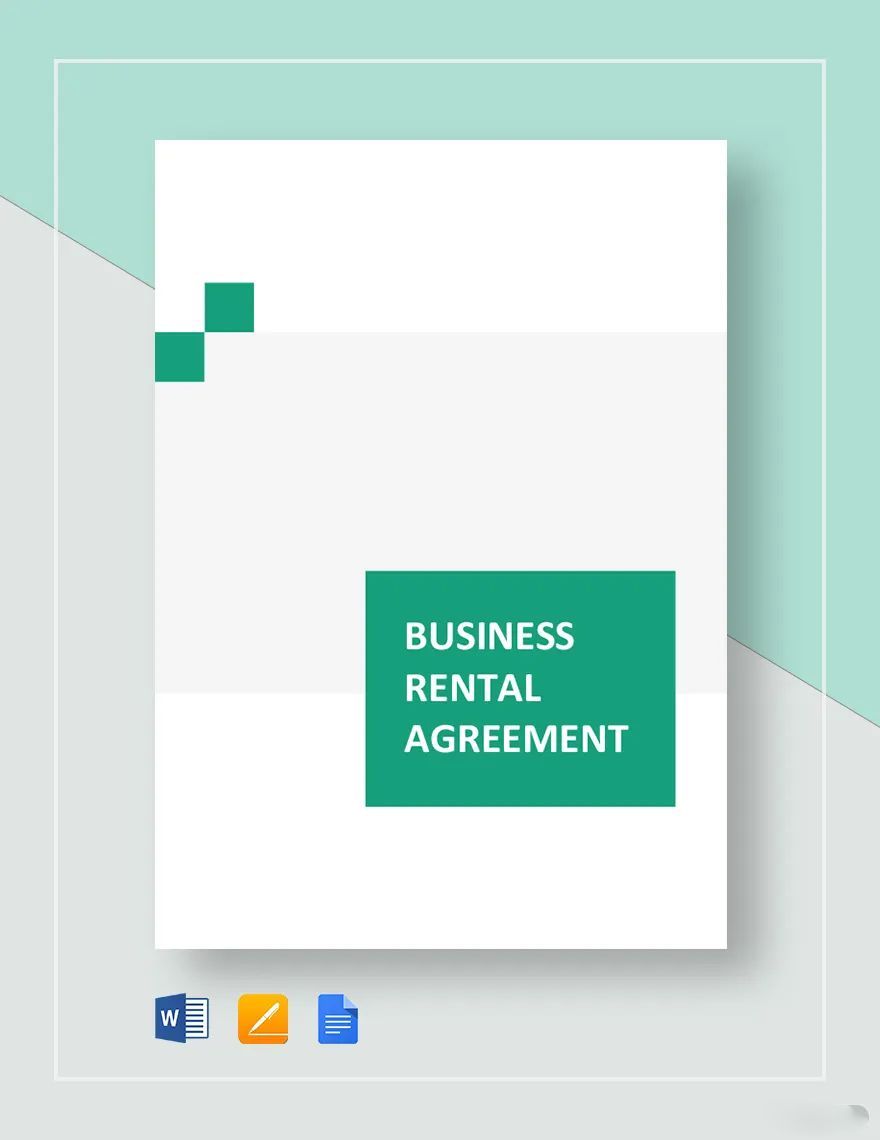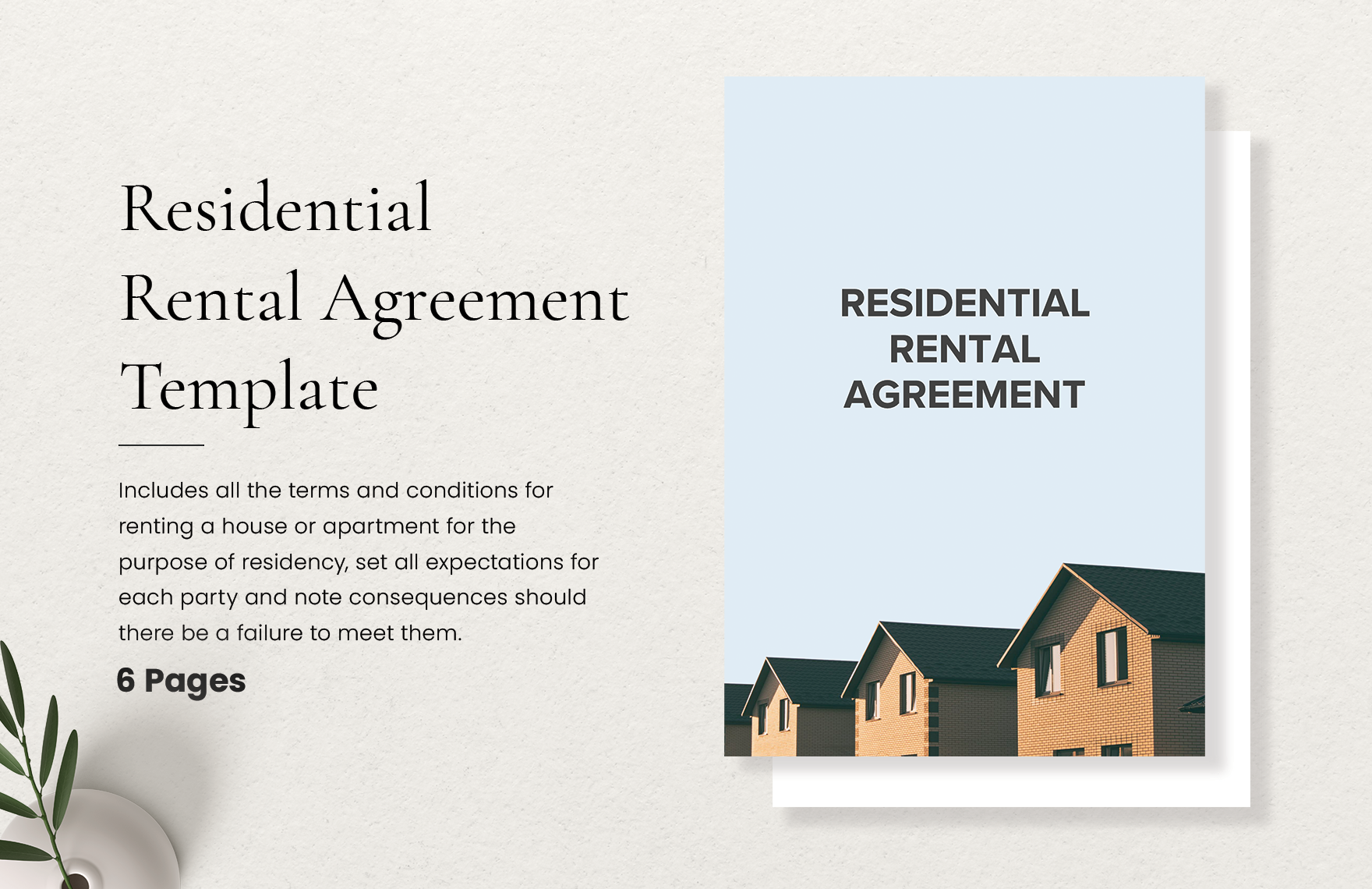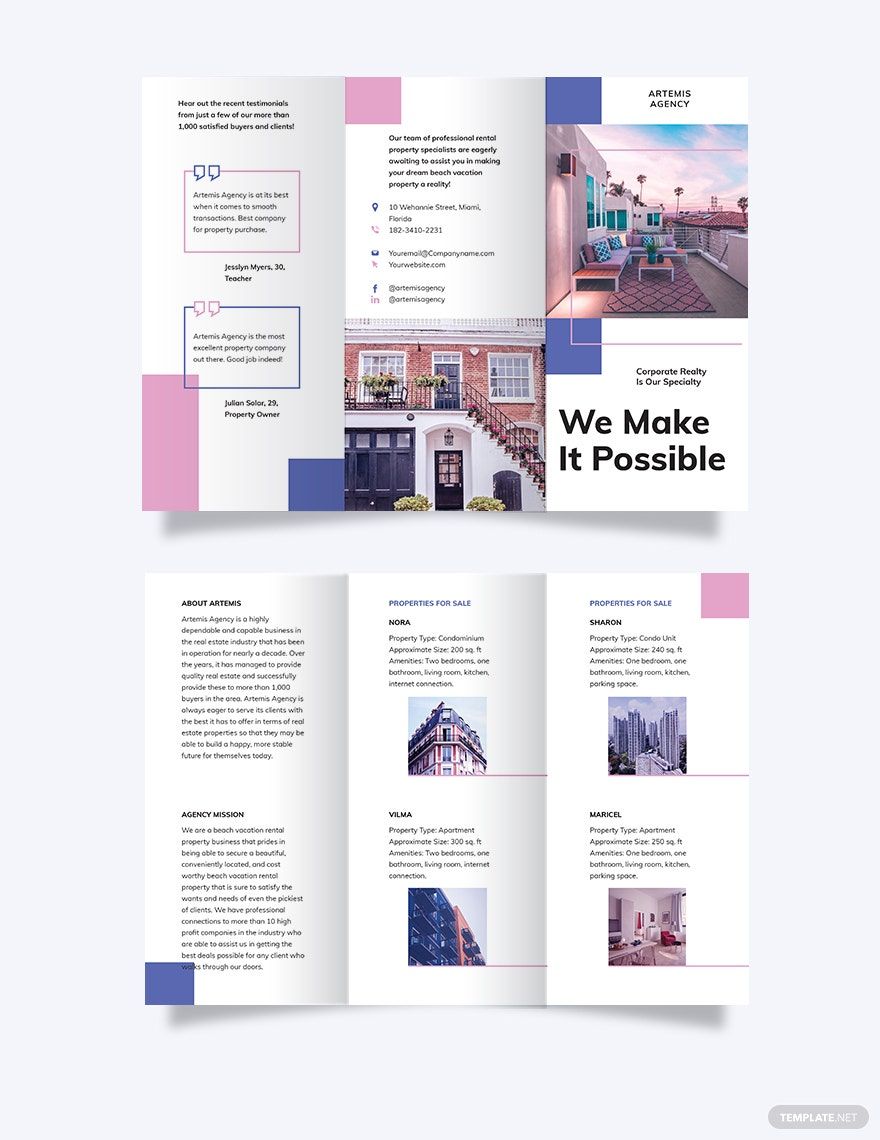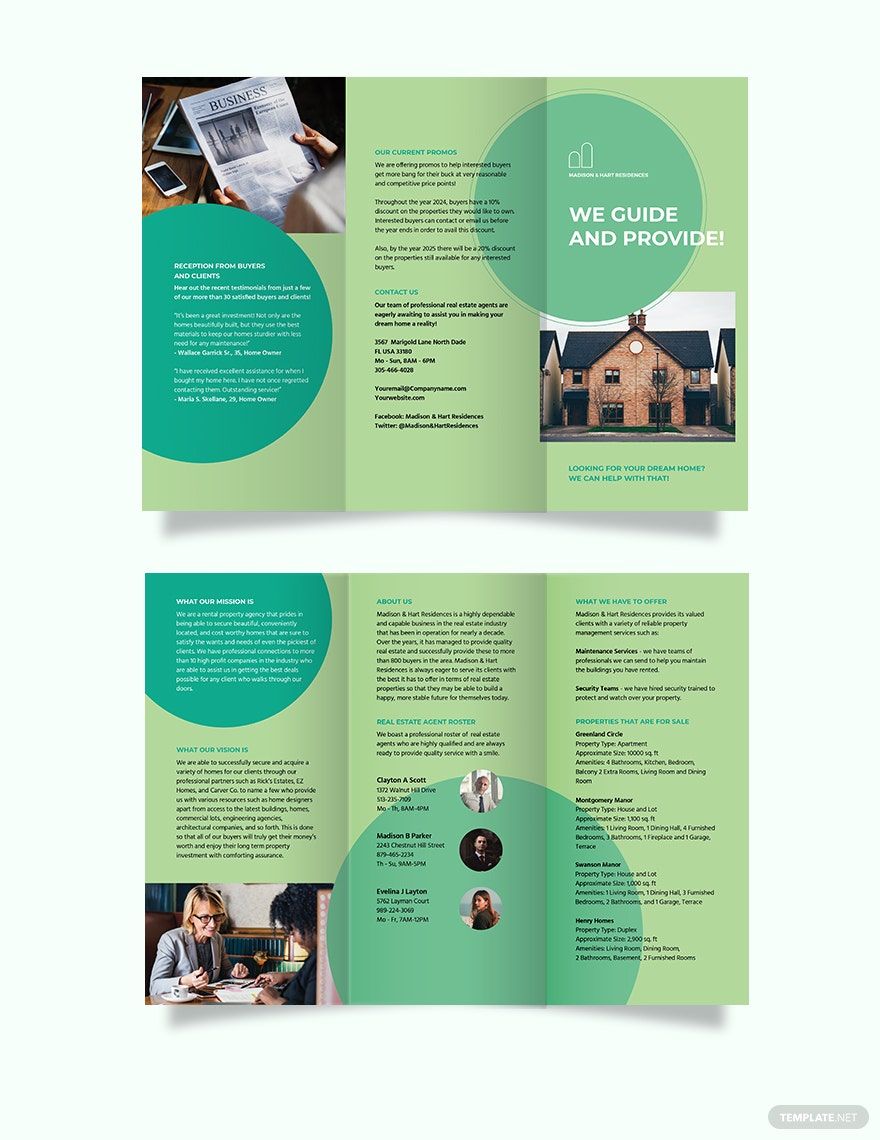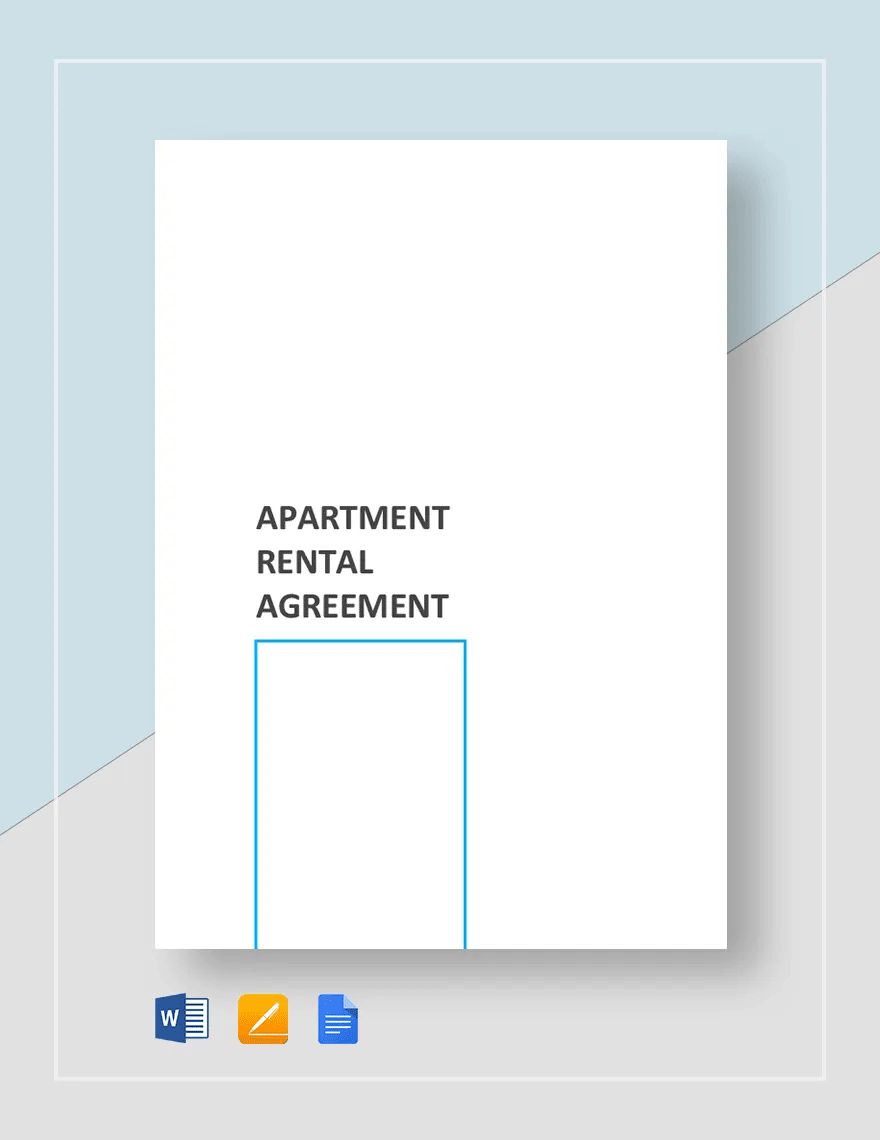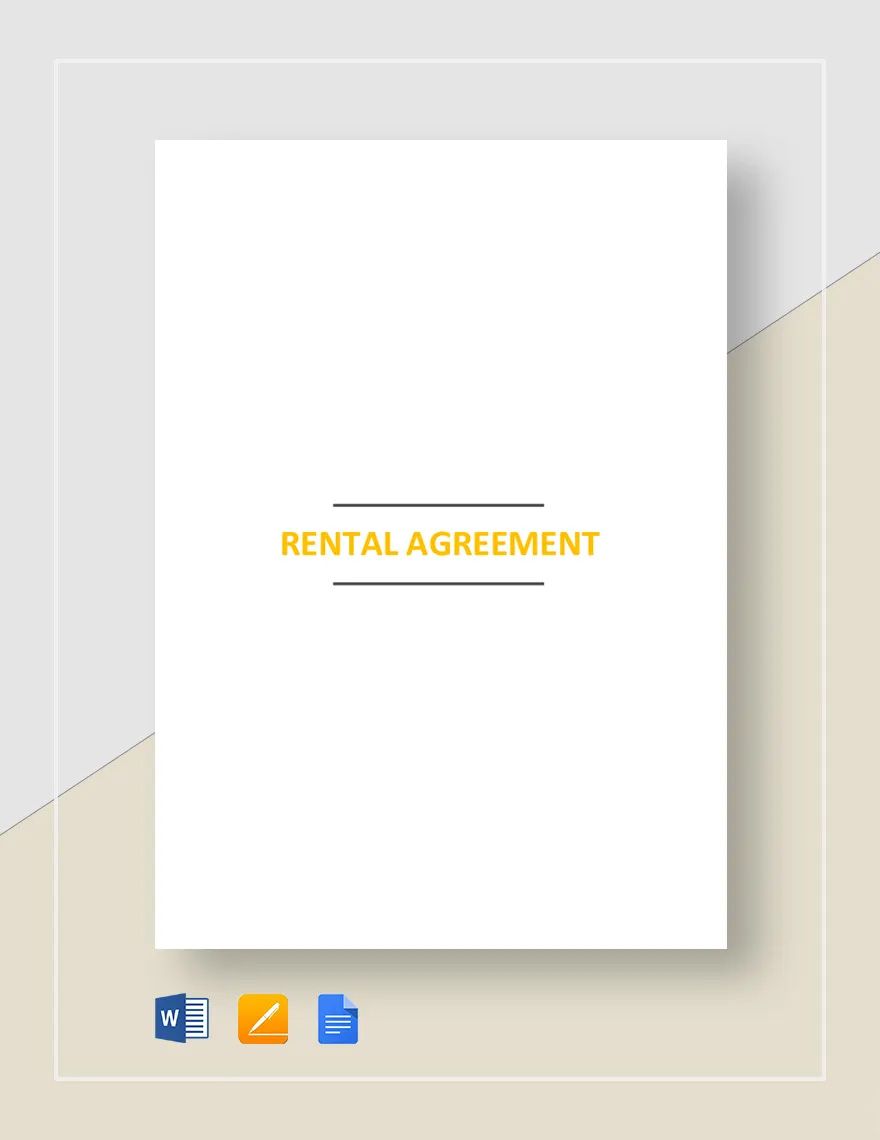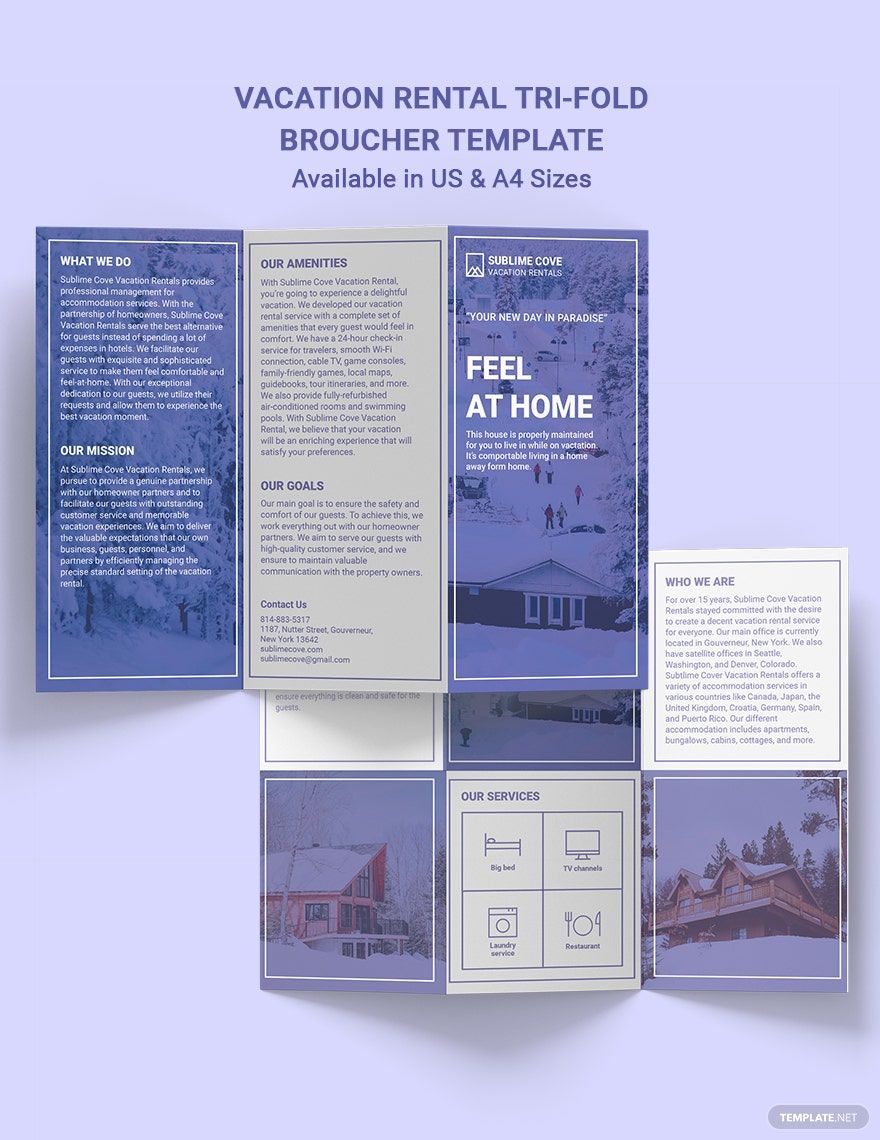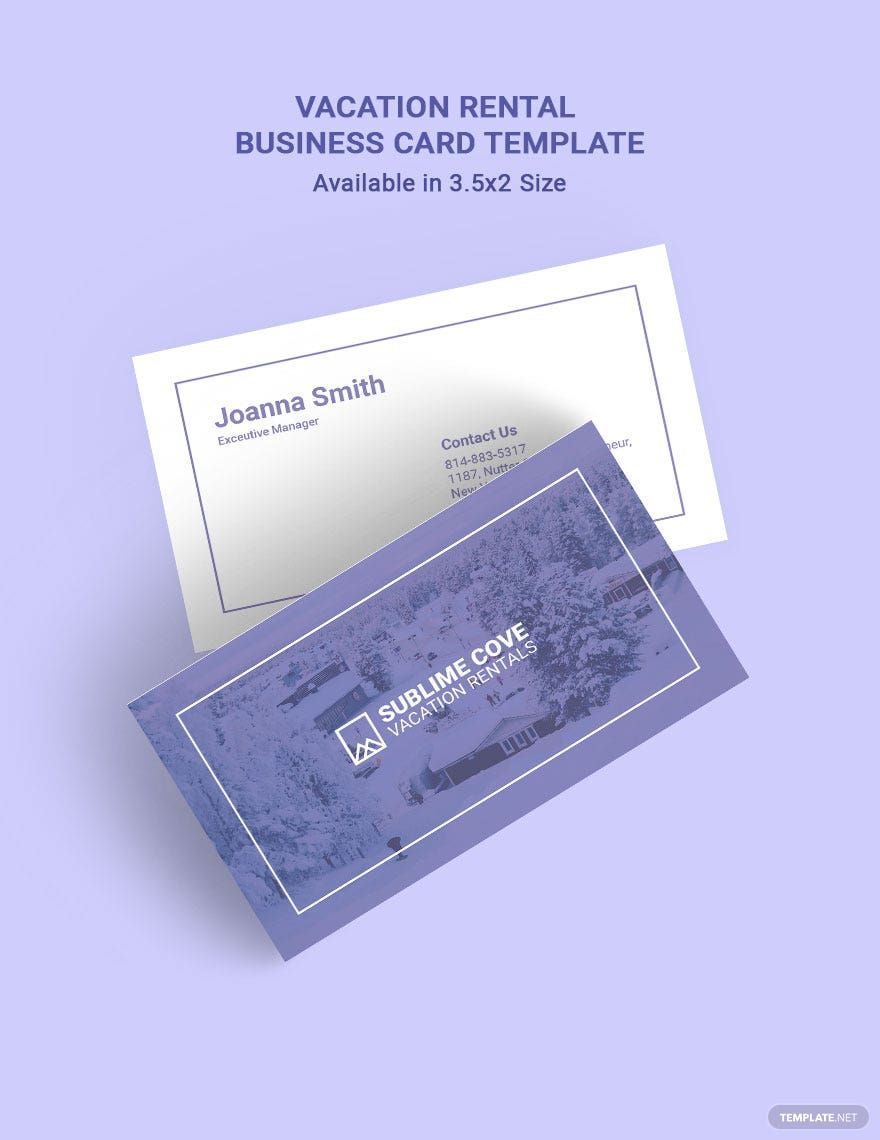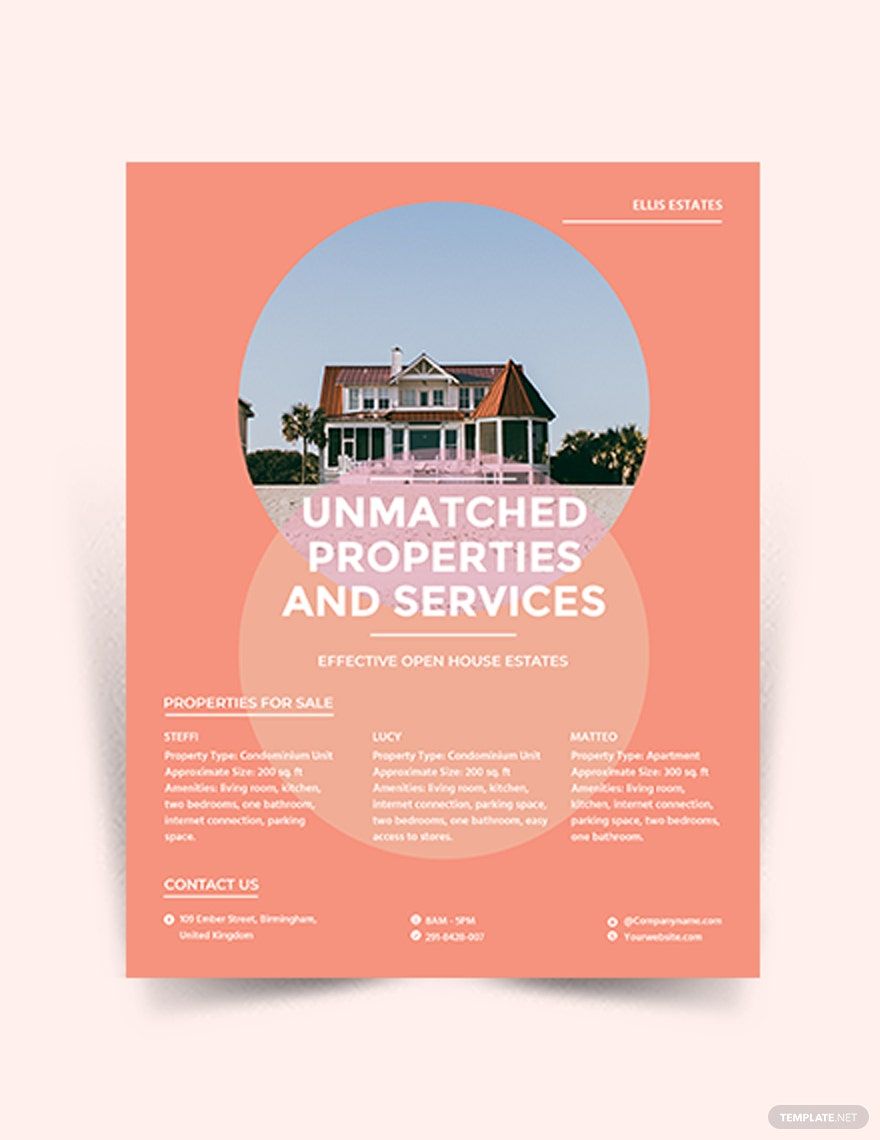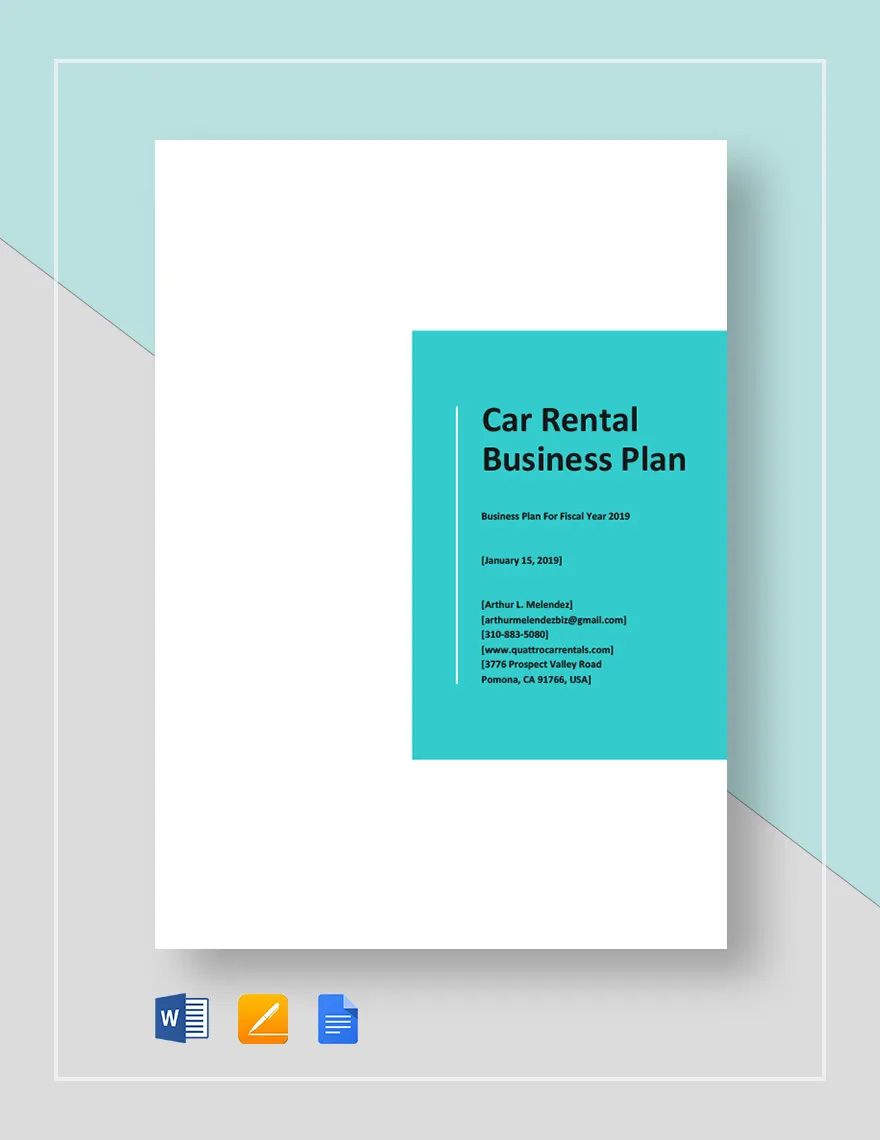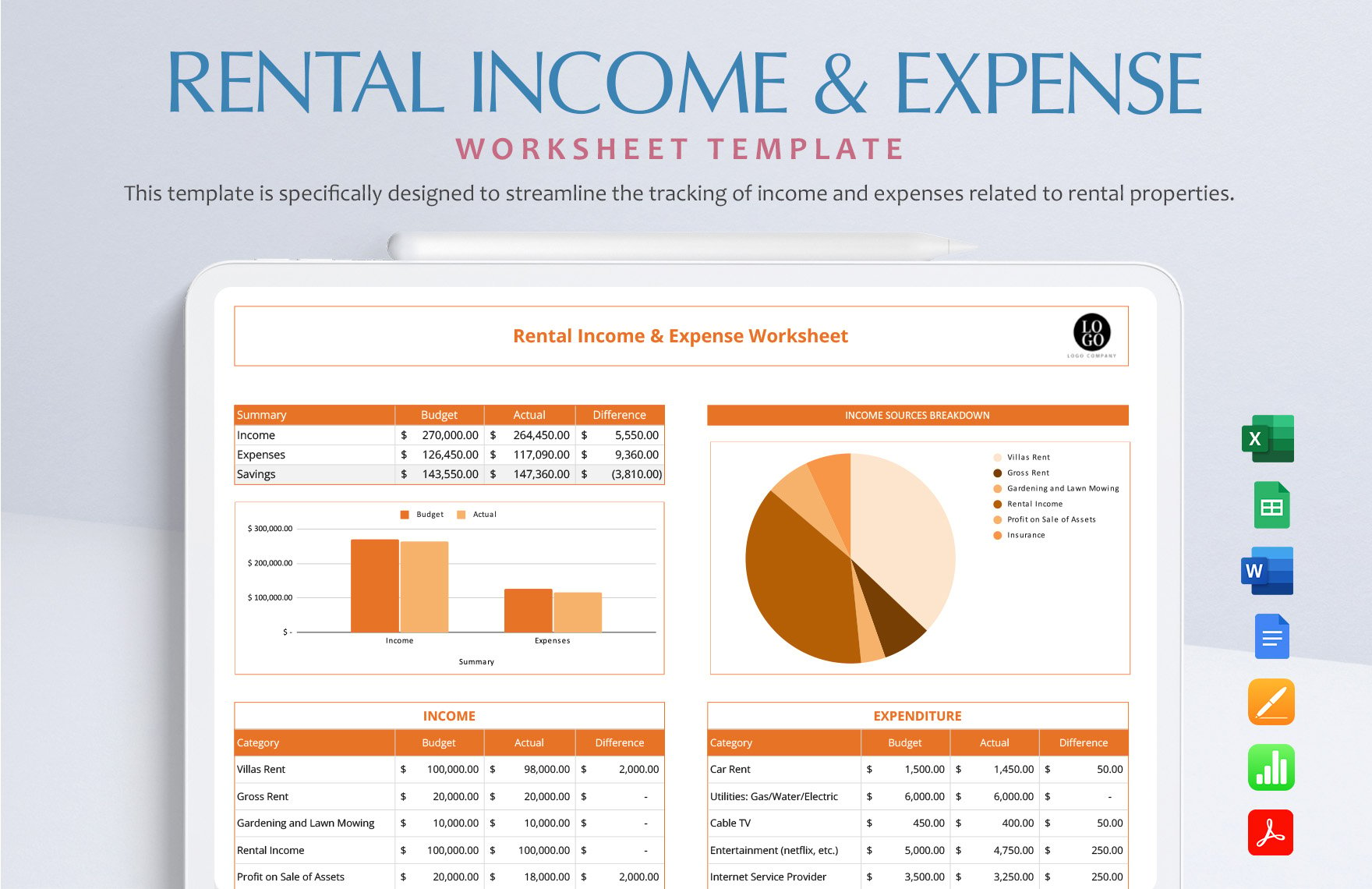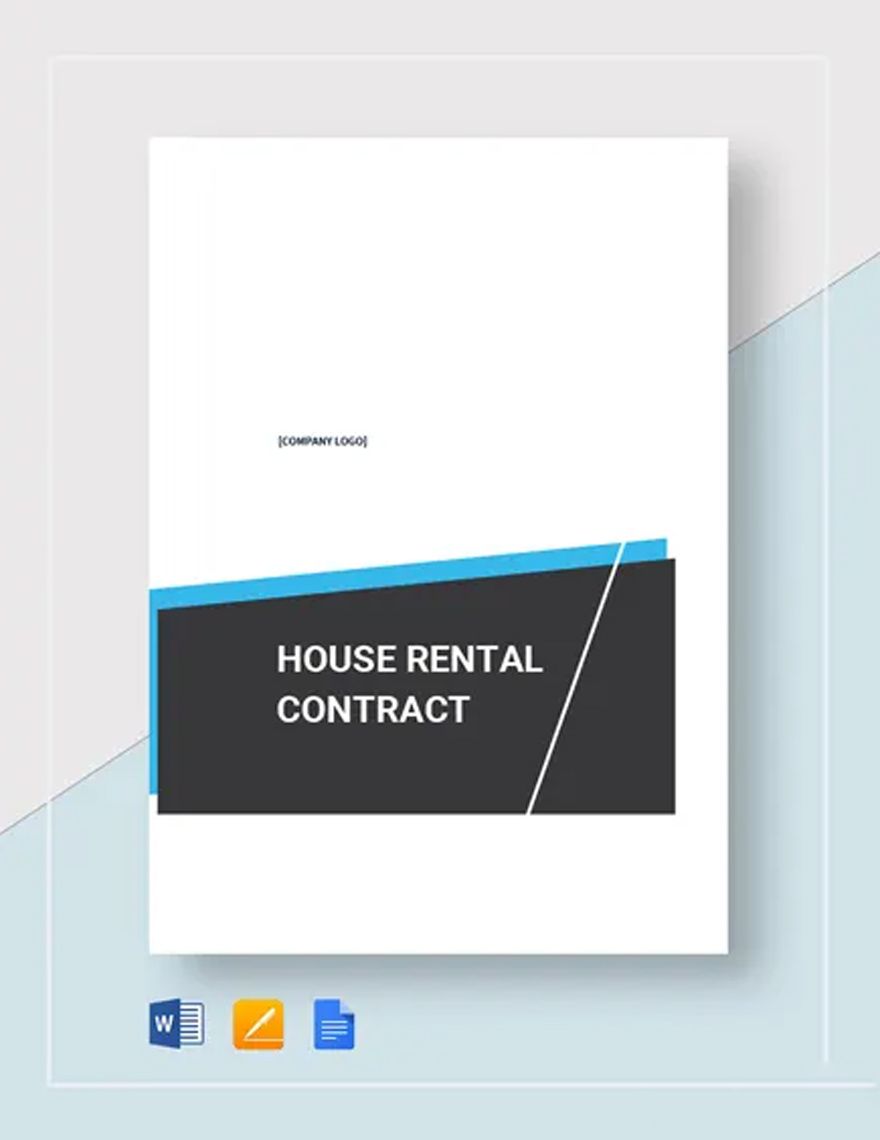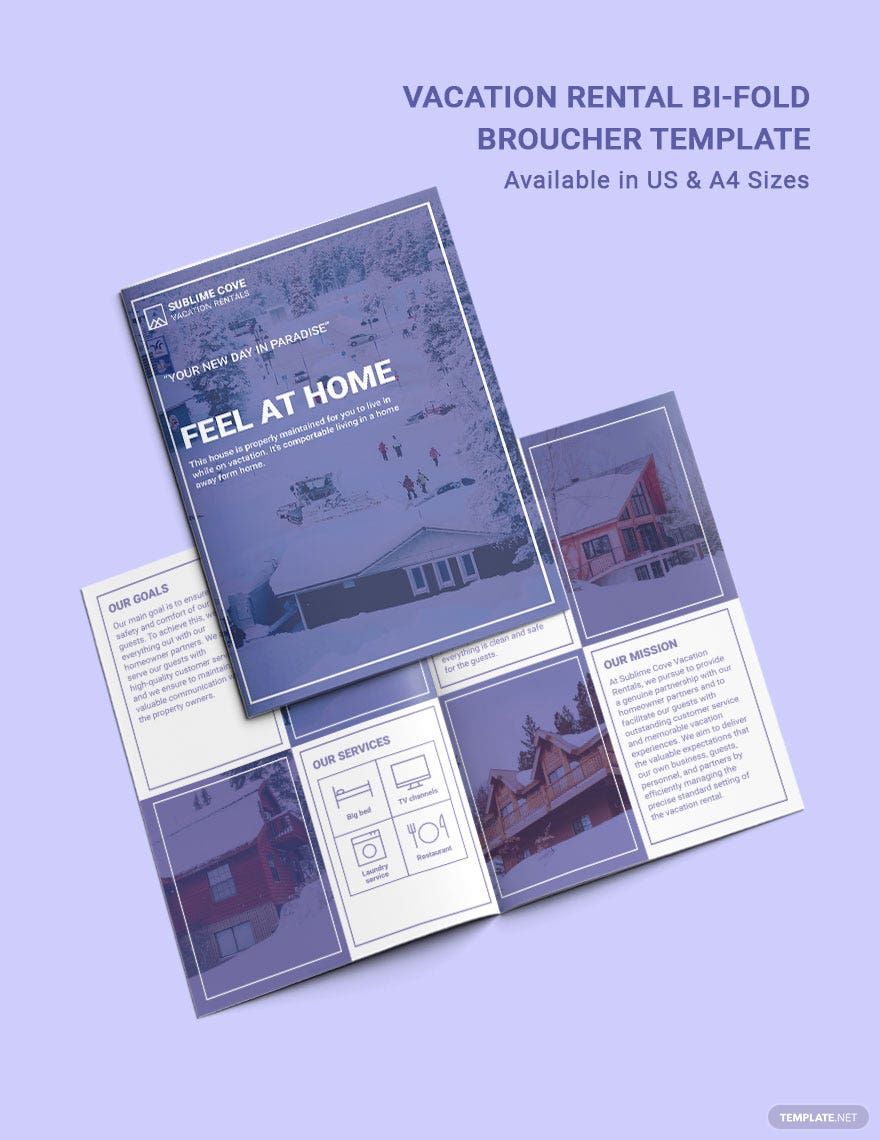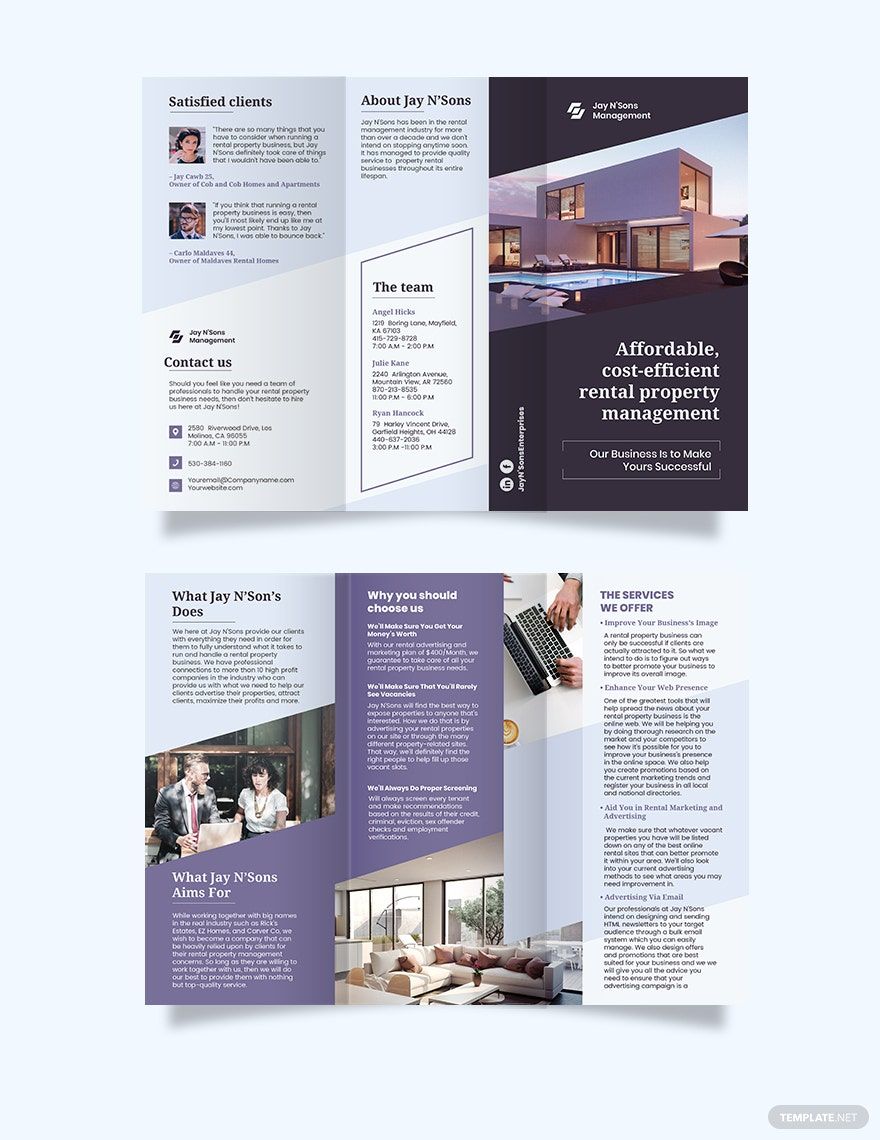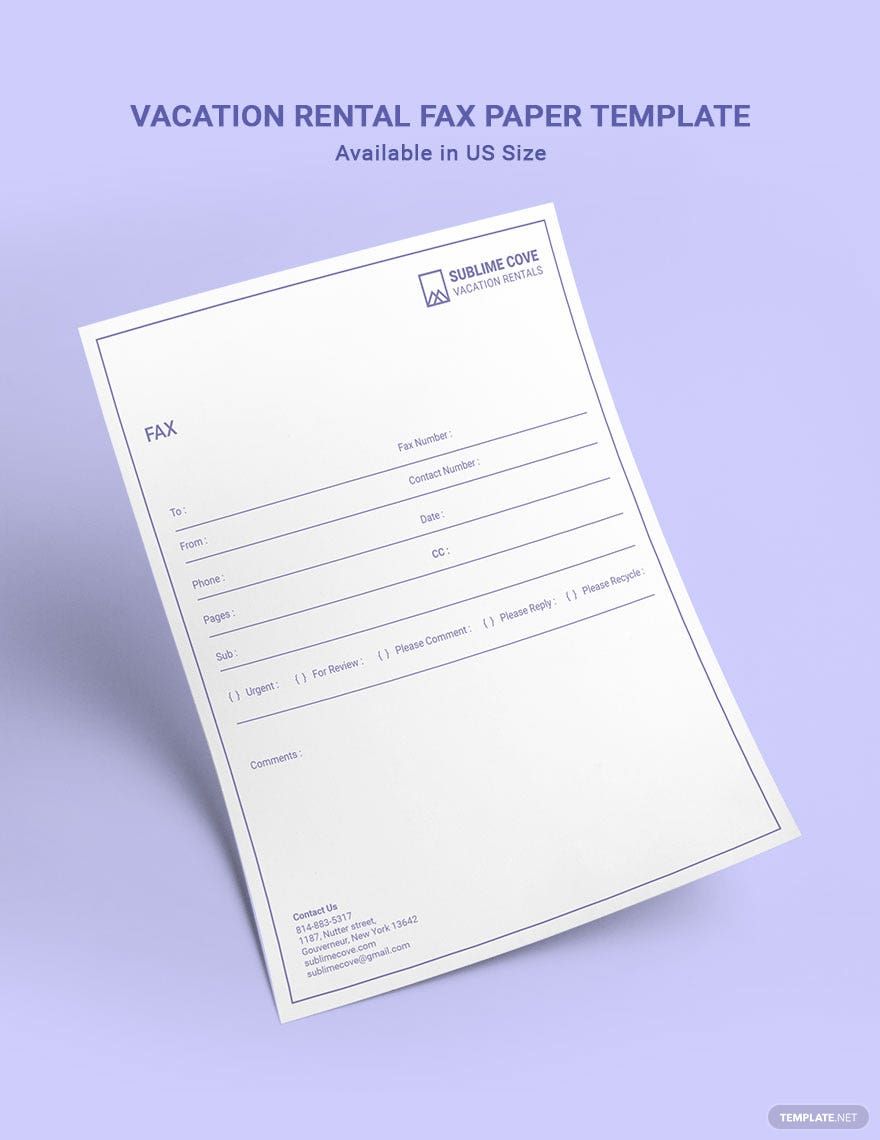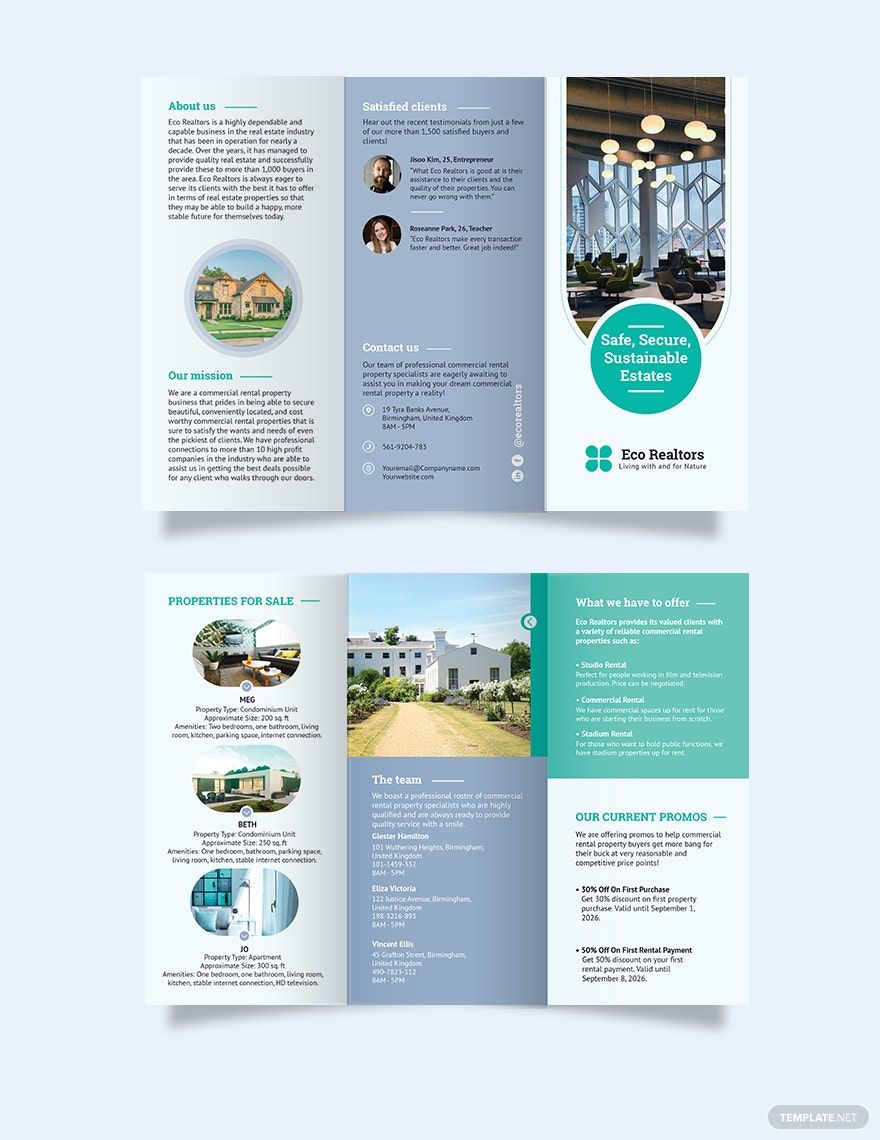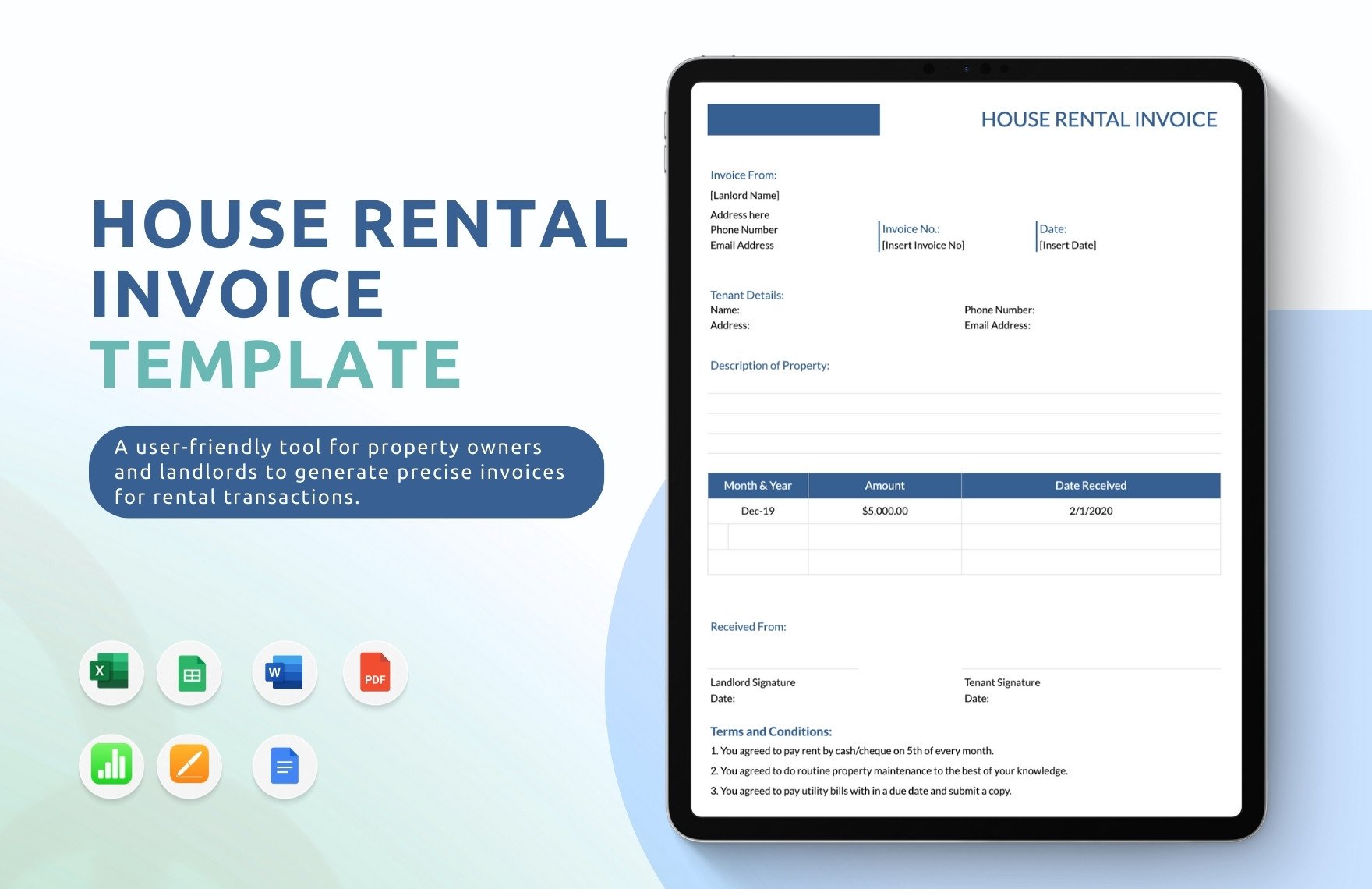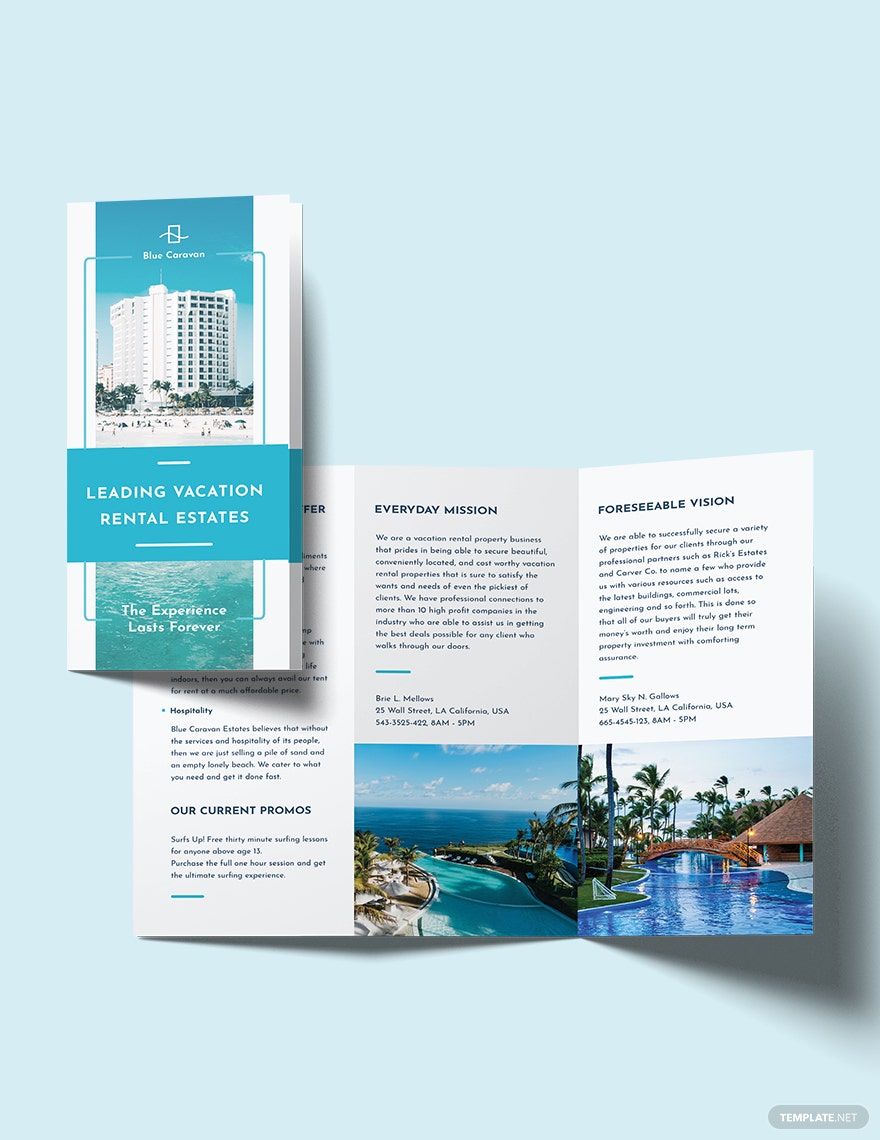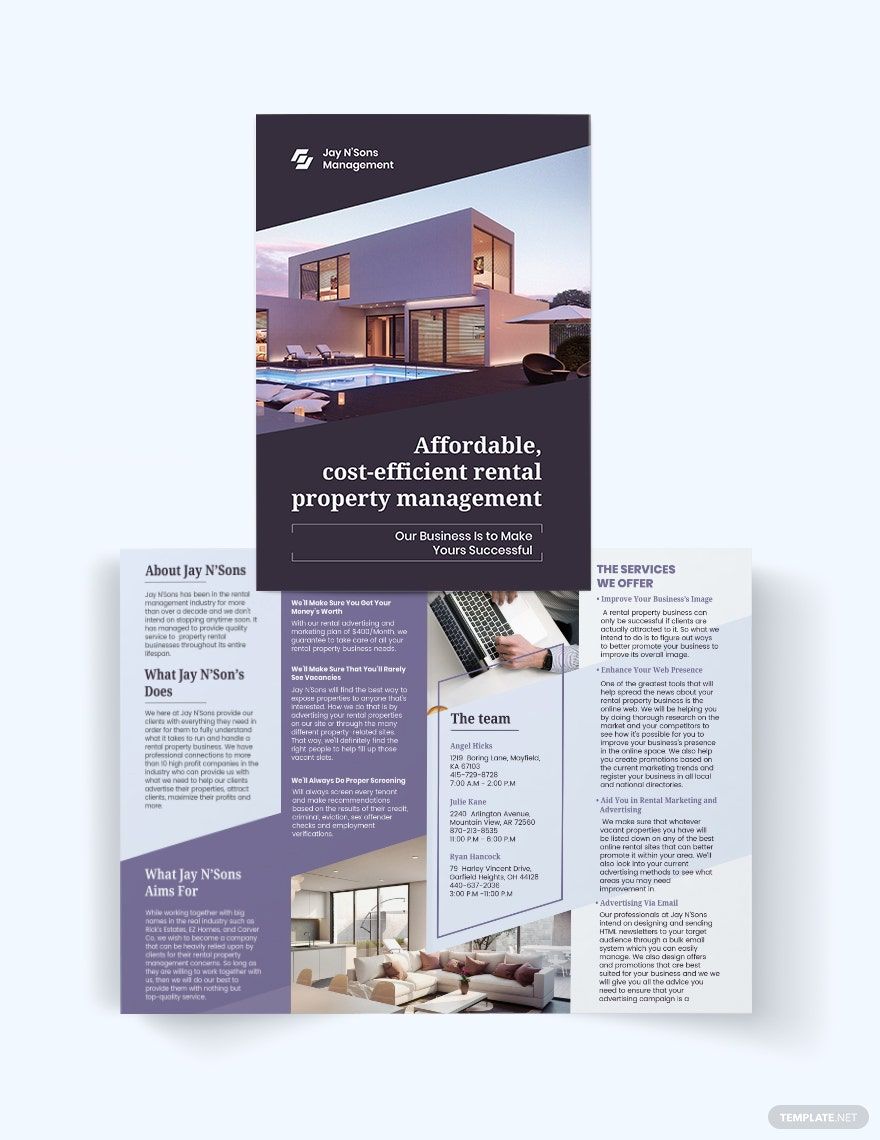Renting, also known as hiring or letting, is a form of contract document in which one party pays for the temporary use of another's good, service, or property. A gross lease is one in which the occupant pays a set monthly rent and the landlord covers all of the property's daily expenses. Equipment leasing is an example of renting. The sharing economy can be seen in the rental market.
Short-term rental of all kinds of goods (excluding real estate and apartments) is now a $160 billion annual market in Europe, and it is expected to expand as the internet makes it easier to locate unique things for rent. Consumers are more likely to consider renting rather than buying in times of financial distress, according to reports. The financial crisis of 2007–2010 may have led to the rapid growth of online rental markets. Consumers are constantly looking for rentals online due to environmental issues, rapid depreciation of products, and a more transient workforce. The terms involved in the rent are usually elaborated in a formal rental agreement or lease, which is governed under the state's contract law. In rentals, the two parties involved are the tenants and the property owners, the latter refers to the party who occupies the property, and the latter refers to the person who receives the rent. A lease is a rental arrangement for real estate that typically includes particular land rights in real property rather than chattels.
Browse through a collection of Rental Templates in Apple Pages that have been curated just for you.
